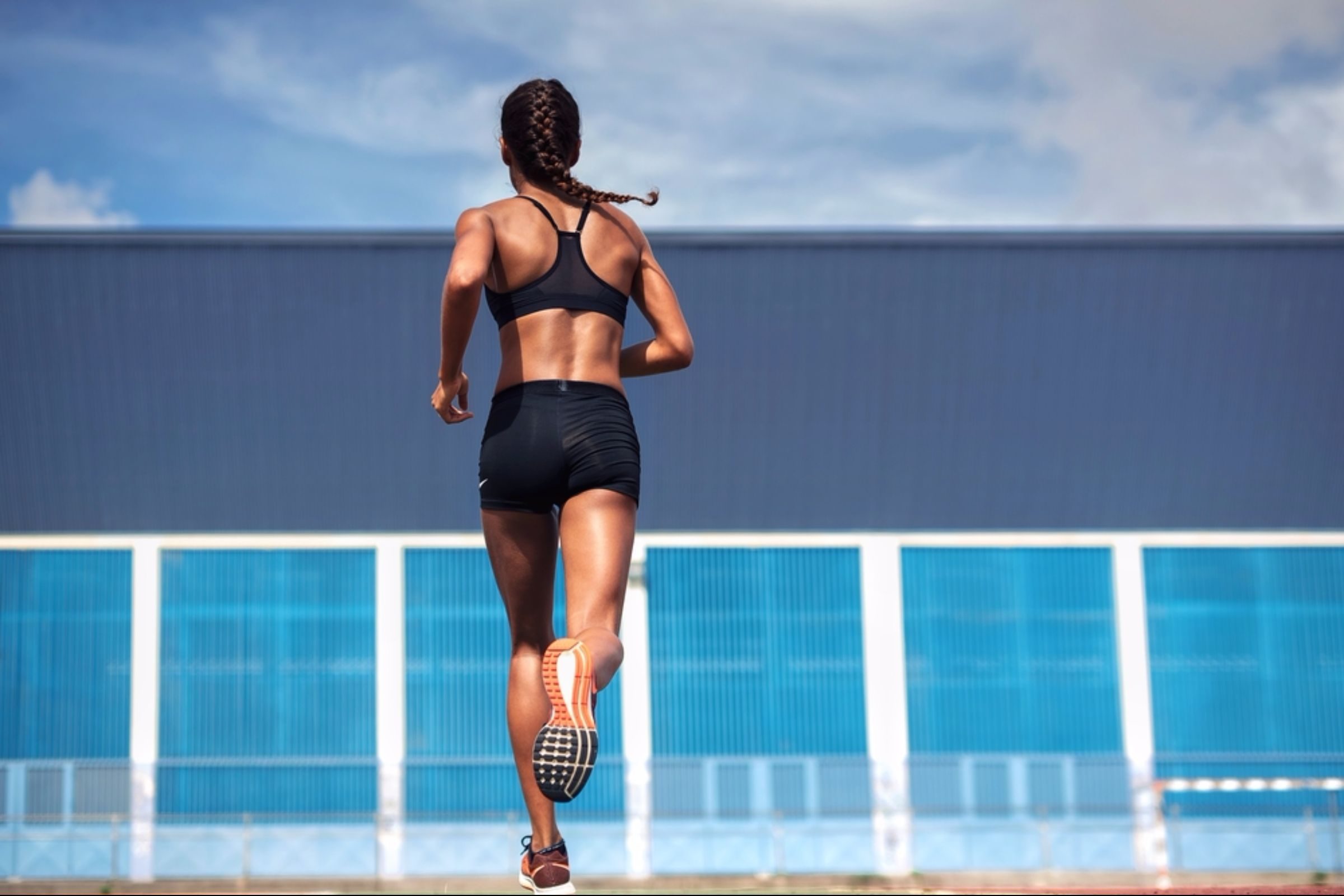
Run (quickly!)
Don’t have much time? You don’t need it. Running not only helps you live longer, but doing it for one to two minutes per day provides a high intensity workout that is associated with better measures of bone health, reports a new study in the International Journal of Epidemiology. High impact activity stimulates bone cells, ultimately improving bone density, the researchers report.
While you’re at it, incorporate these other habits that slash your risk of osteoporosis.
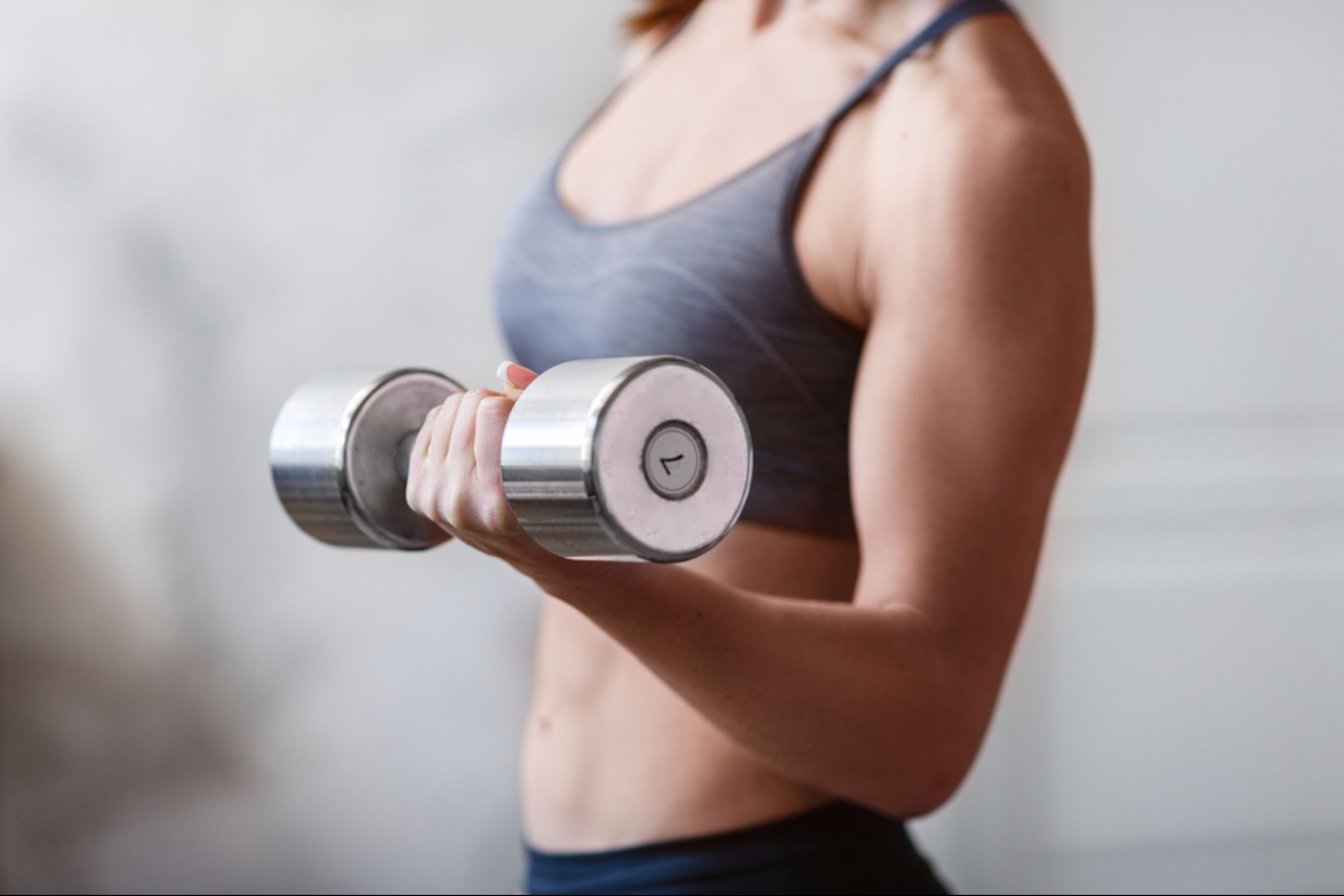
Lift weights
If you’re a postmenopausal woman, do lower impact activities two to three times a week, recommends Abraham Gregory Lin, MD, an orthopedic surgeon at Kaiser Permanente in Southern California. Try weight machines, dumbbell exercises, or weight-bearing endurance activities like aerobics, walking, or light jogging.
Here are the best exercises for people who hate exercise.
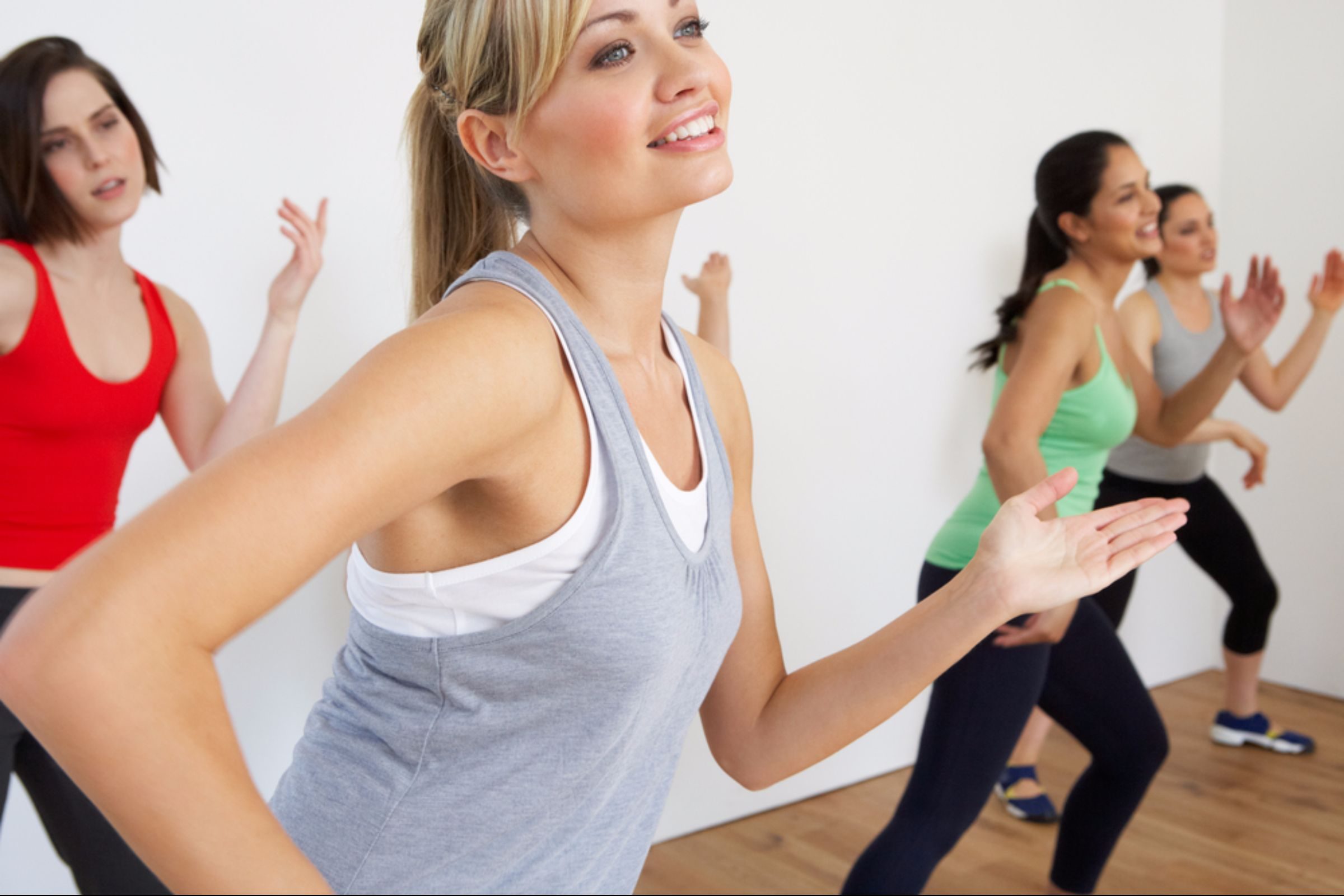
Get down
Dance! Just like jogging or using a weight machine, “dancing will increase the weight through your muscles and bones to help increase your bone density,” says Dr. Lin.
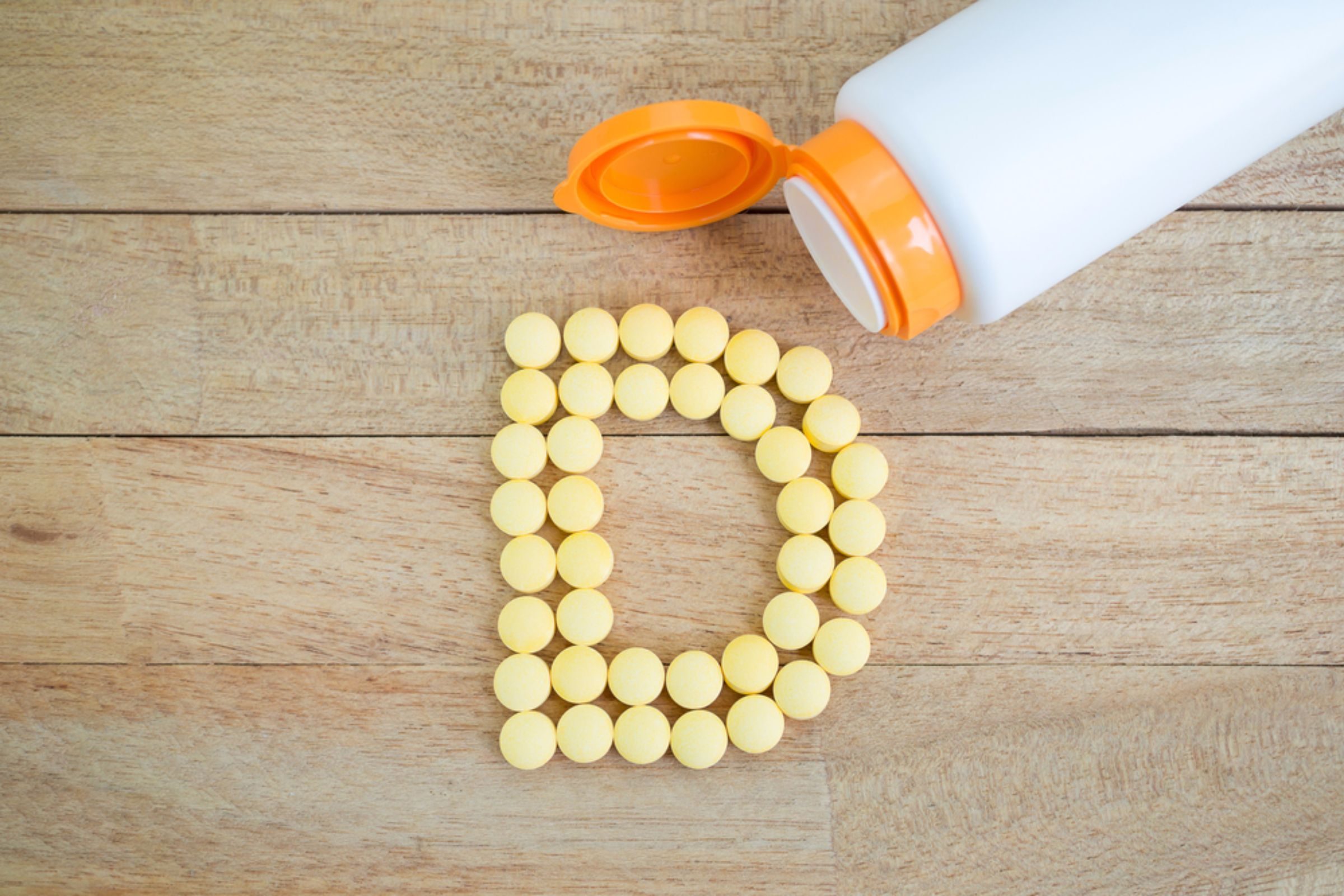
Pop some D
“Vitamin D is a major contributor to bone density because it helps the body with calcium absorption,” says Fany Patricia Rosas, nurse practitioner and manager of Kaiser Permanente’s Healthy Bones Program in Southern California. She recommends taking a supplement. Currently, the RDA for D is 600 IU, but many doctors suggest taking more.
Don’t miss these signs you’re not getting enough vitamin D.

Skip the pop
Your bones are just one of so many reasons to skip sodas entirely. For every serving of the bubbly stuff per day, a woman’s risk of hip fracture increased by 14 per cent, reported a 2014 study in the American Journal of Clinical Nutrition. The researchers note it’s unclear exactly why there’s this association, but past research has suggested it may be the caffeine, phosphorus, or sugar that interferes with calcium levels in some way.
From depression to heart disease, these are the ways sugar is making you sick.
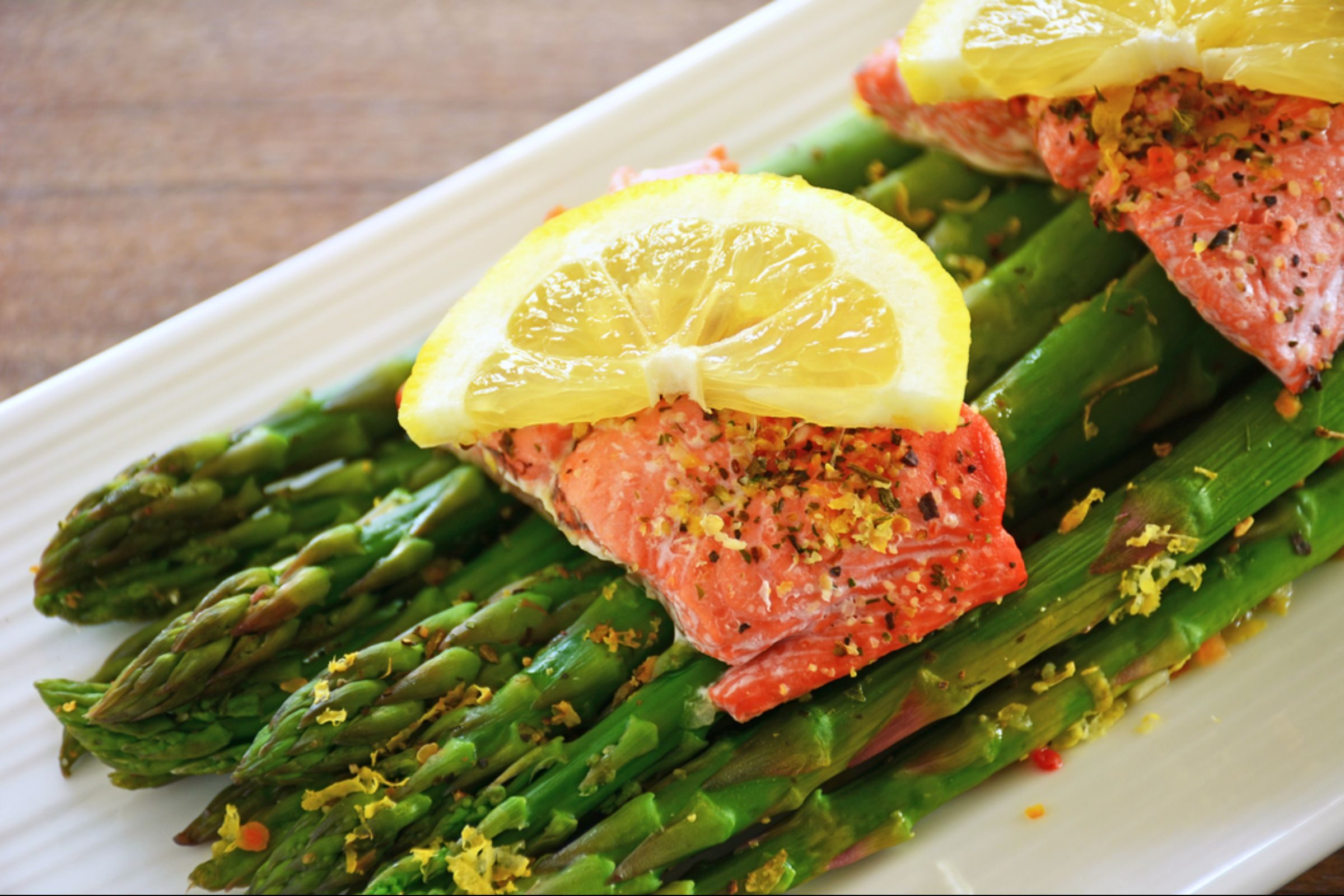
Eat more fish
Along with a supplement, try to fill your diet with D-packed foods, like fish. Three ounces of cooked sockeye salmon offers 447 IUs of bone-friendly vitamin D, according to the National Institutes of Health’s Office of Dietary Supplements. Two canned sardines contain 46 IUs. And three ounces of canned tuna has 154 IUs. Eat them on the regular and you’ll be well on your way to your daily quota.
This easy chart will tell you which fish have the most omega-3s.

Jump, jump
When women jumped 10 to 20 times twice per day (resting 30 seconds between each jump) for four months, they benefitted from a stronger hip bone mineral density compared to women who didn’t jump, reports a 2015 study in the American Journal of Health Promotion. Jumping creates micro stresses in bone; when the body rebuilds this bone, it becomes stronger, the study authors note.
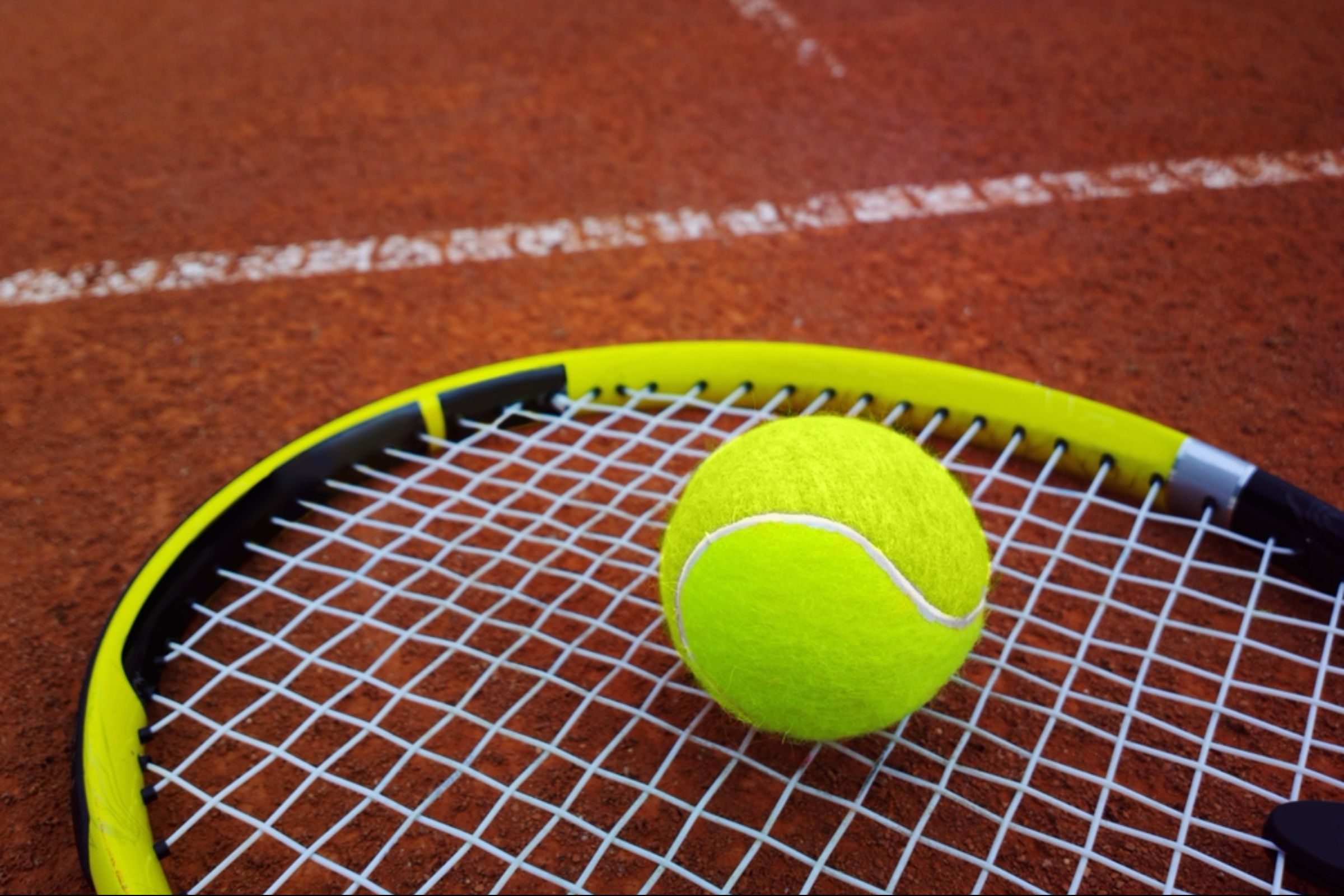
Play ball
It’s easy to get caught up in the “shoulds” of traditional exercise. (I should run! I should go to the gym!) But letting loose with a game of tennis, golf, or racquetball also is considered a weight bearing activity that helps fortify your frame, says Julia Bruene, MD, sports medicine physician at Midwest Orthopaedics at Rush in Chicago. (And PS: It doesn’t matter if you’re any good, either.)
Do yourself a favour and disregard these myths about fitness after 50.
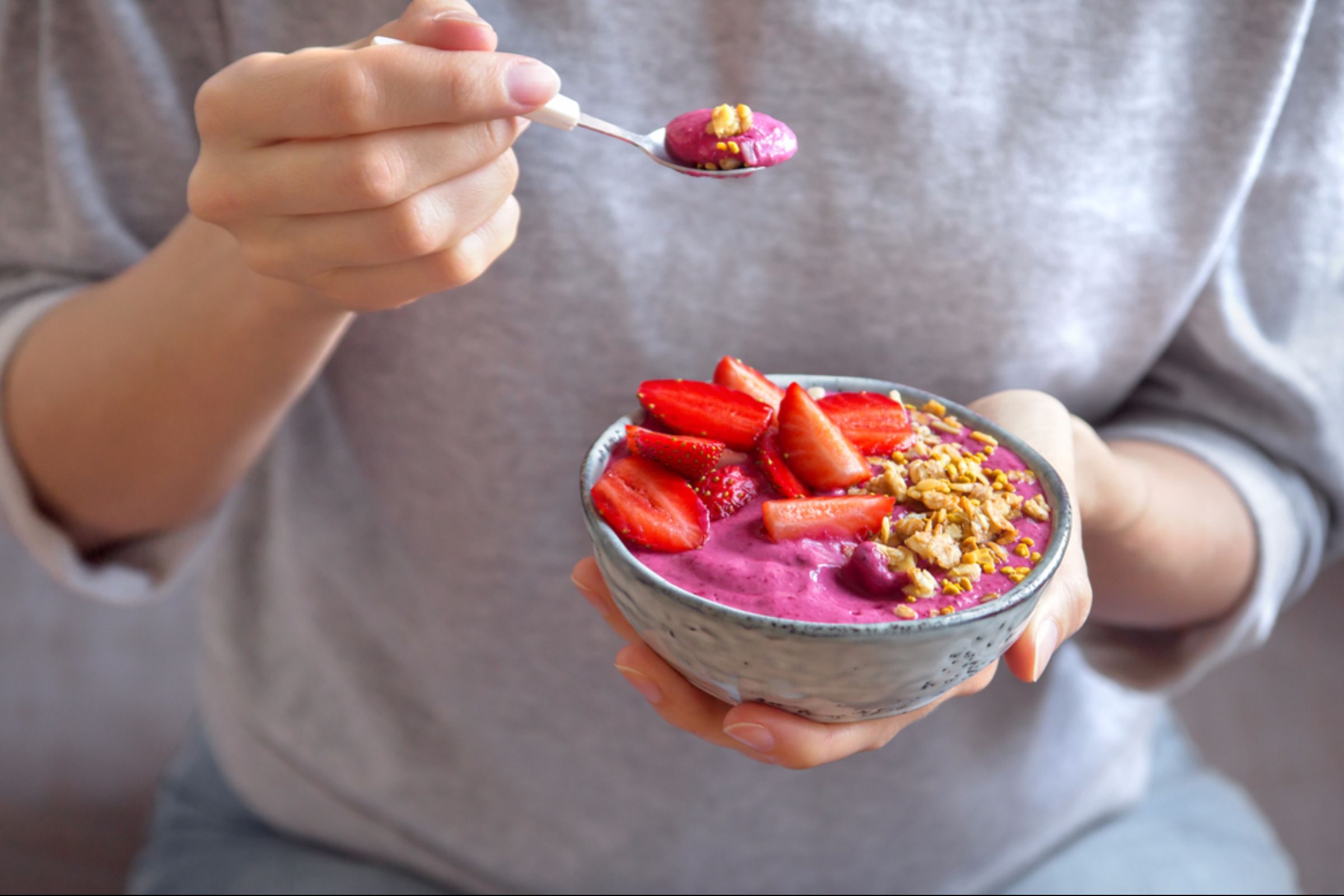
Eat balanced
Another perk to getting in a variety of fruits, veggies, whole grains, nuts, dairy, and seafood? You’ll get a heaping serving of the vitamins and minerals you need to improve bone density, says Rosas-Osnaya. Those include phosphorus, vitamin K, vitamin B6 and B12, and magnesium.
Here’s what can happen to your body if you stop eating red meat.
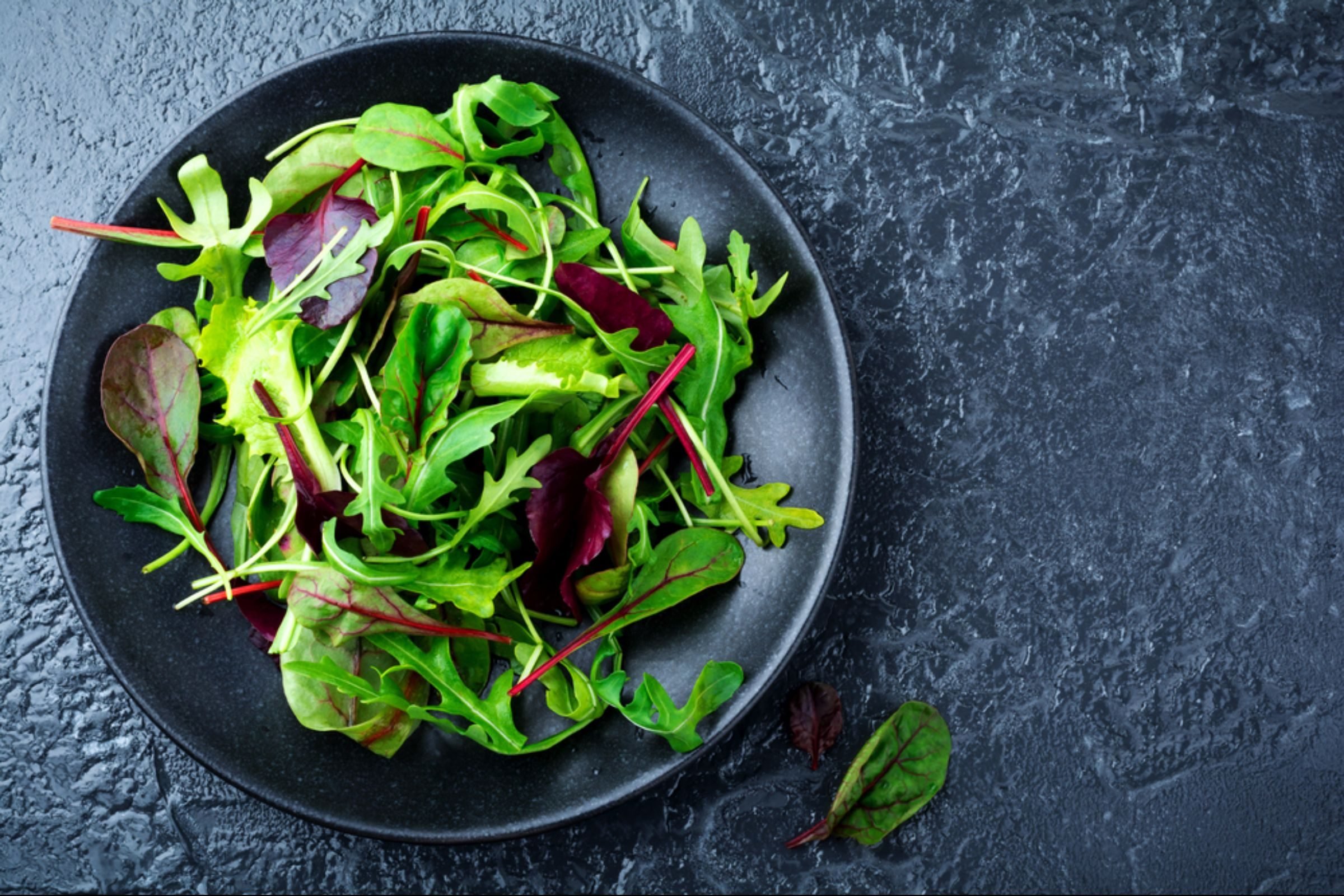
Don’t drastically diet
“Young, active women can actually harm their bones by excessive exercise without meeting their daily energy needs,” says Dr. Bruene. Translation: if you exercise too much and eat too little, your bone density can decrease. That’s because running on empty often halts menstrual cycles, lowering the estrogen level in the body, she explains. Estrogen is a pro-bone hormone. Staying active is great, but make sure you’re eating enough, too.
There are other reasons that drastic fad diets don’t work.
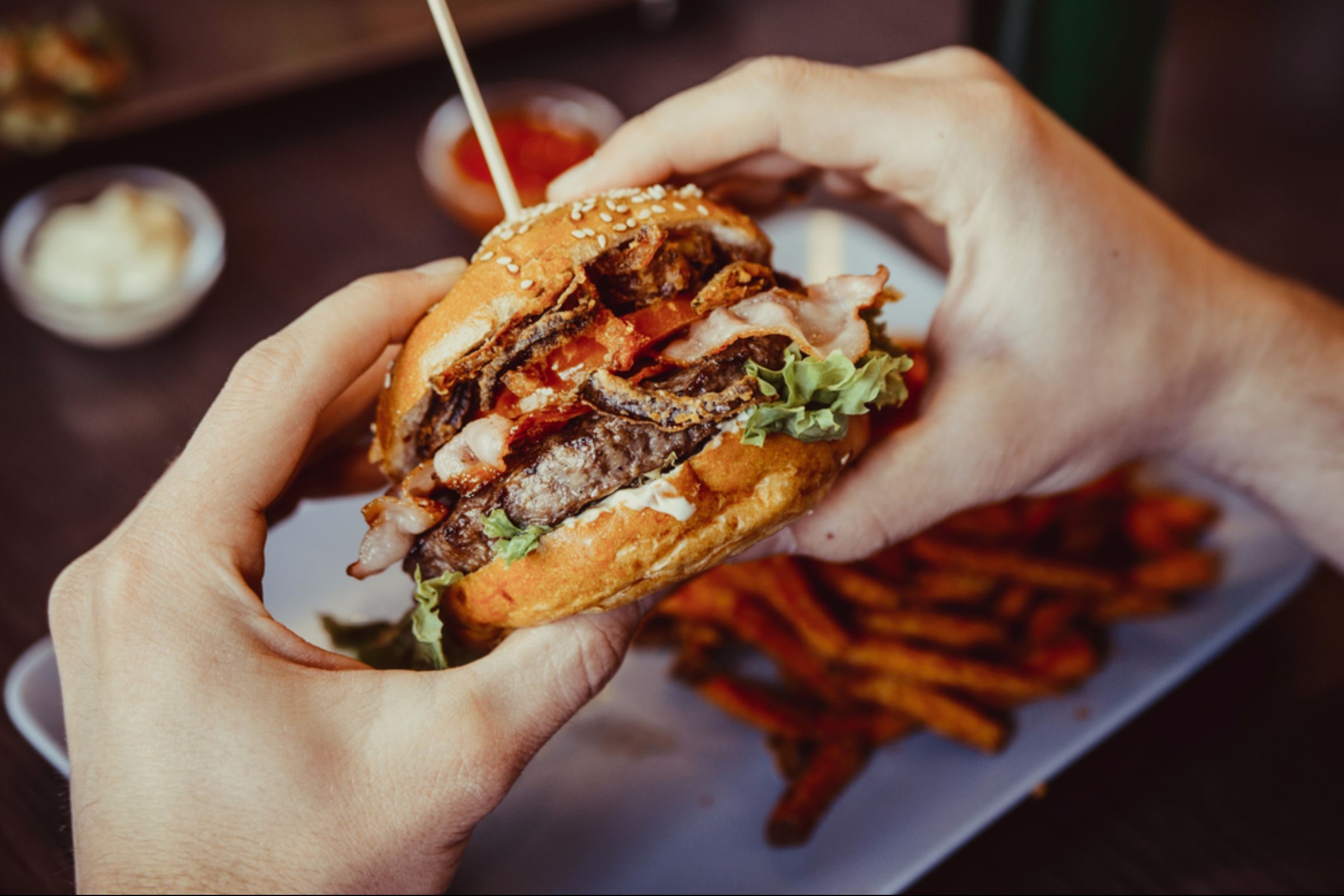
Go easy on the burgers
“Large amounts of animal protein can affect the kidneys, which then lead to loss of calcium,” says Rosas-Osnaya. “This will lead to a low calcium level in the body, which may contribute to bone loss,” she says. Make sure that you’re filling your plate with three-quarters of plant-based eats and you’ll find a good balance.
Read on for the unexpected ways fish oil benefits your health.
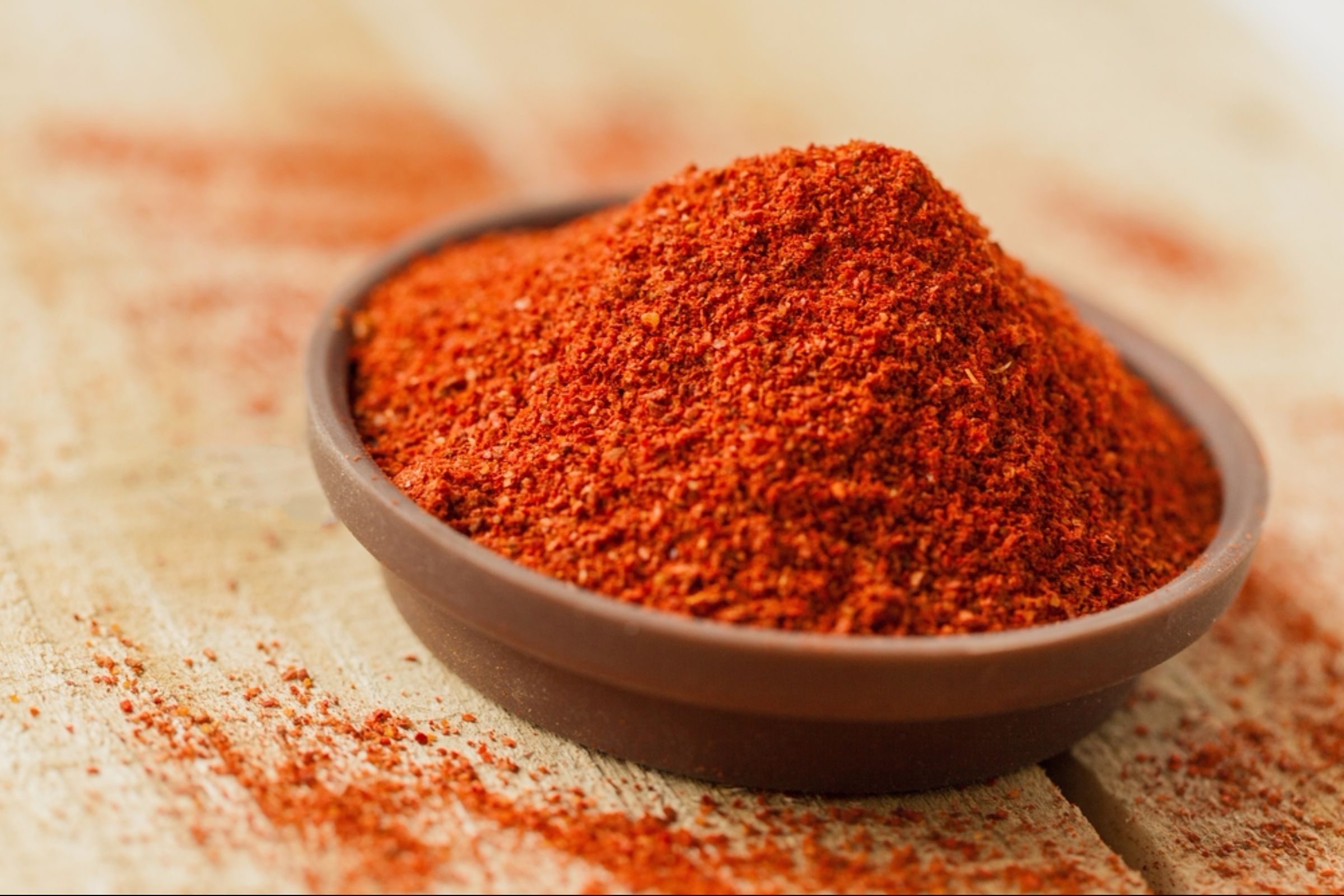
Cook with herbs
Spicing up dishes with oregano, smoked paprika, garlic powder, and other herbs and spices can help you cut back on the salt in cooking. “Foods high in salt affect the body’s ability to retain calcium,” notes Rosas-Osnaya. In addition to reducing sodium in cooking, also limit high-sodium snacks like chips.
Don’t miss the impressive health benefits of oregano oil!
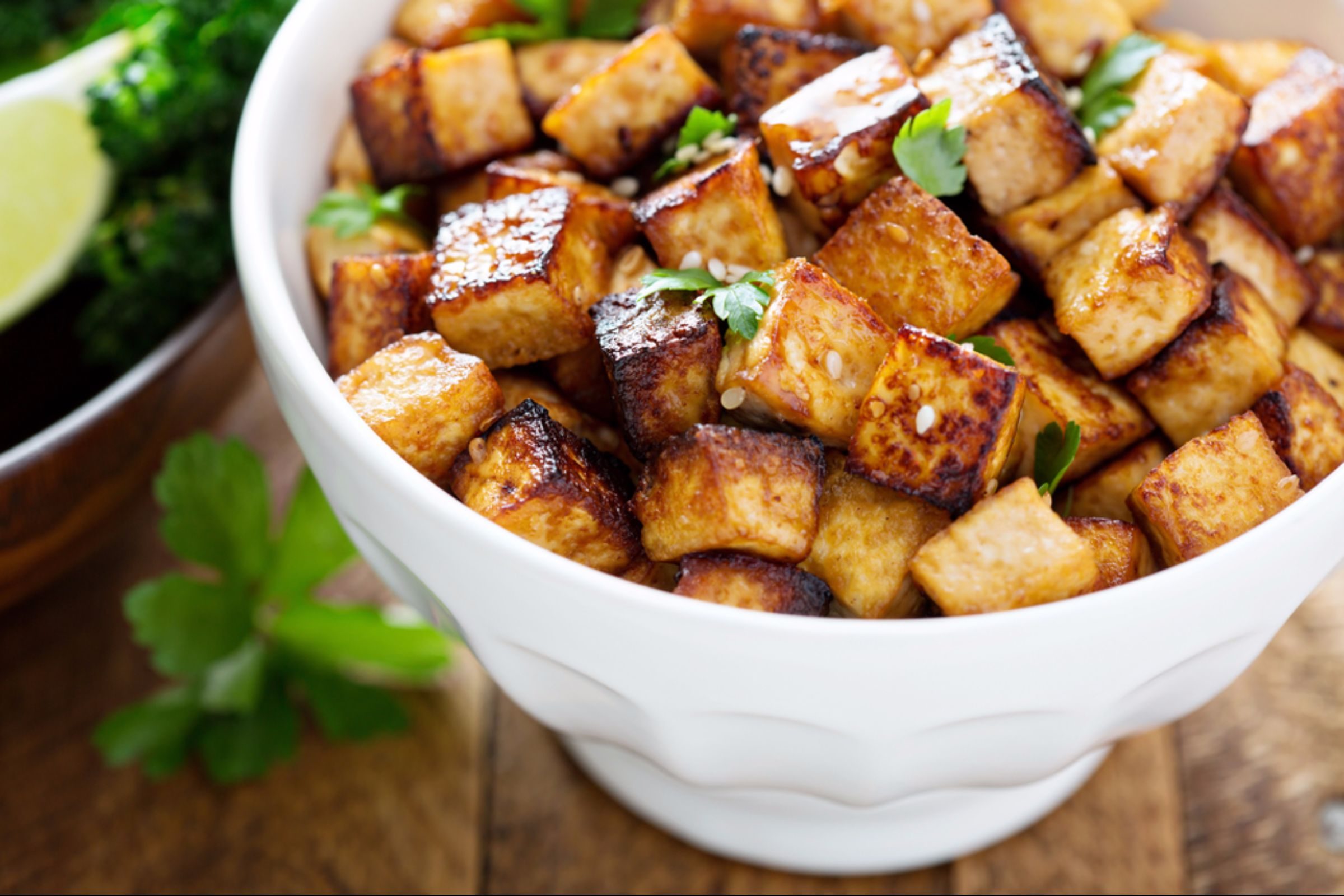
Order tofu
Fitting soy in your diet is another smart move for healthy bones, according to the International Osteoporosis Foundation. Most brands of soymilk are fortified with calcium so that you may be able to get about the same amount of calcium from a glass of soymilk as you would from a glass of regular milk, the group states.
Get more recipes for the best low-carb dinner ideas.
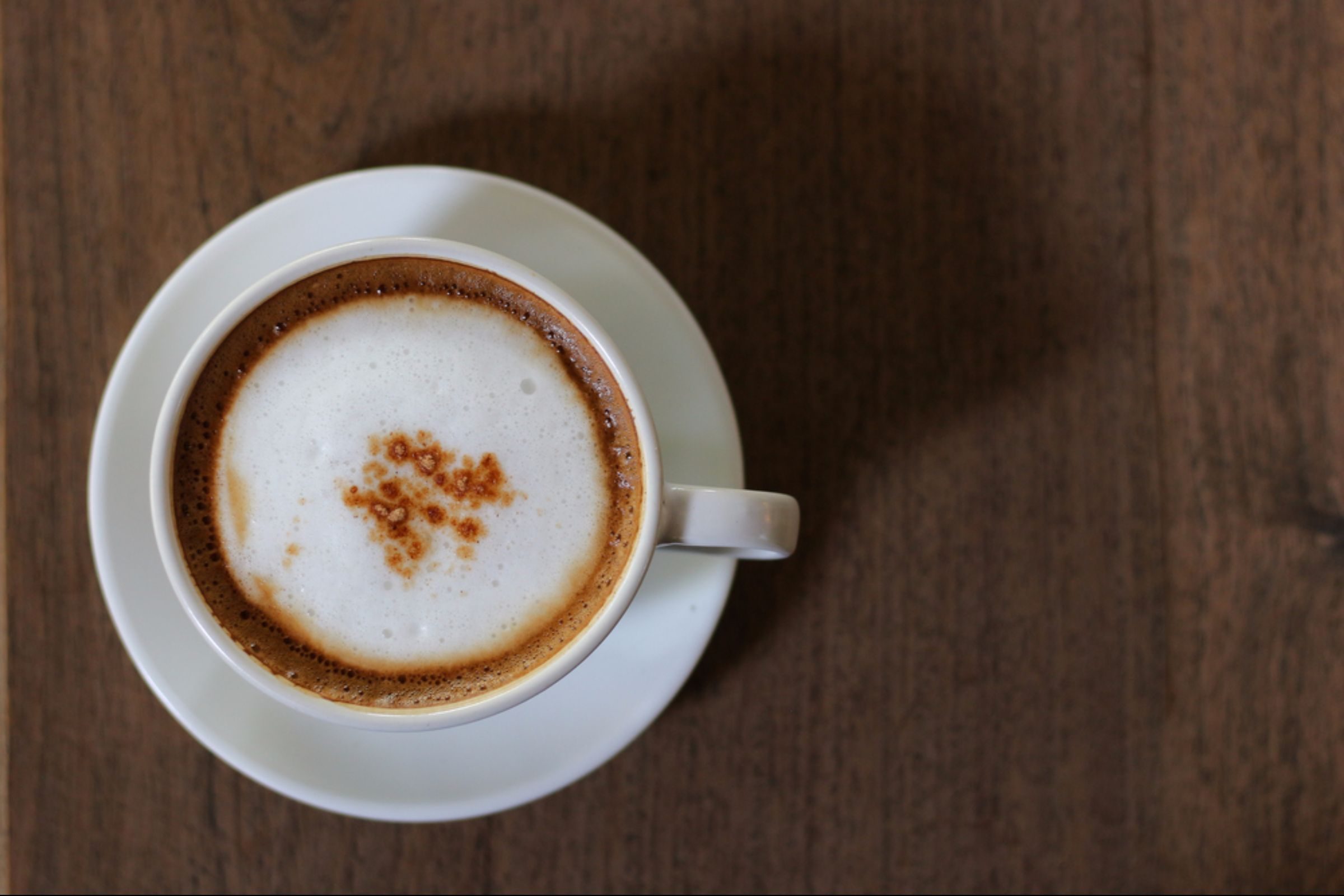
Get your java wisely
Coffee has so many health benefits, but knocking back more than three cups a day can impair calcium absorption in your body, notes Rosas-Osnaya. Get your java wake-up, but limit yourself to one or two cups daily.
Did you know that drinking this much coffee a day could help burn fat?
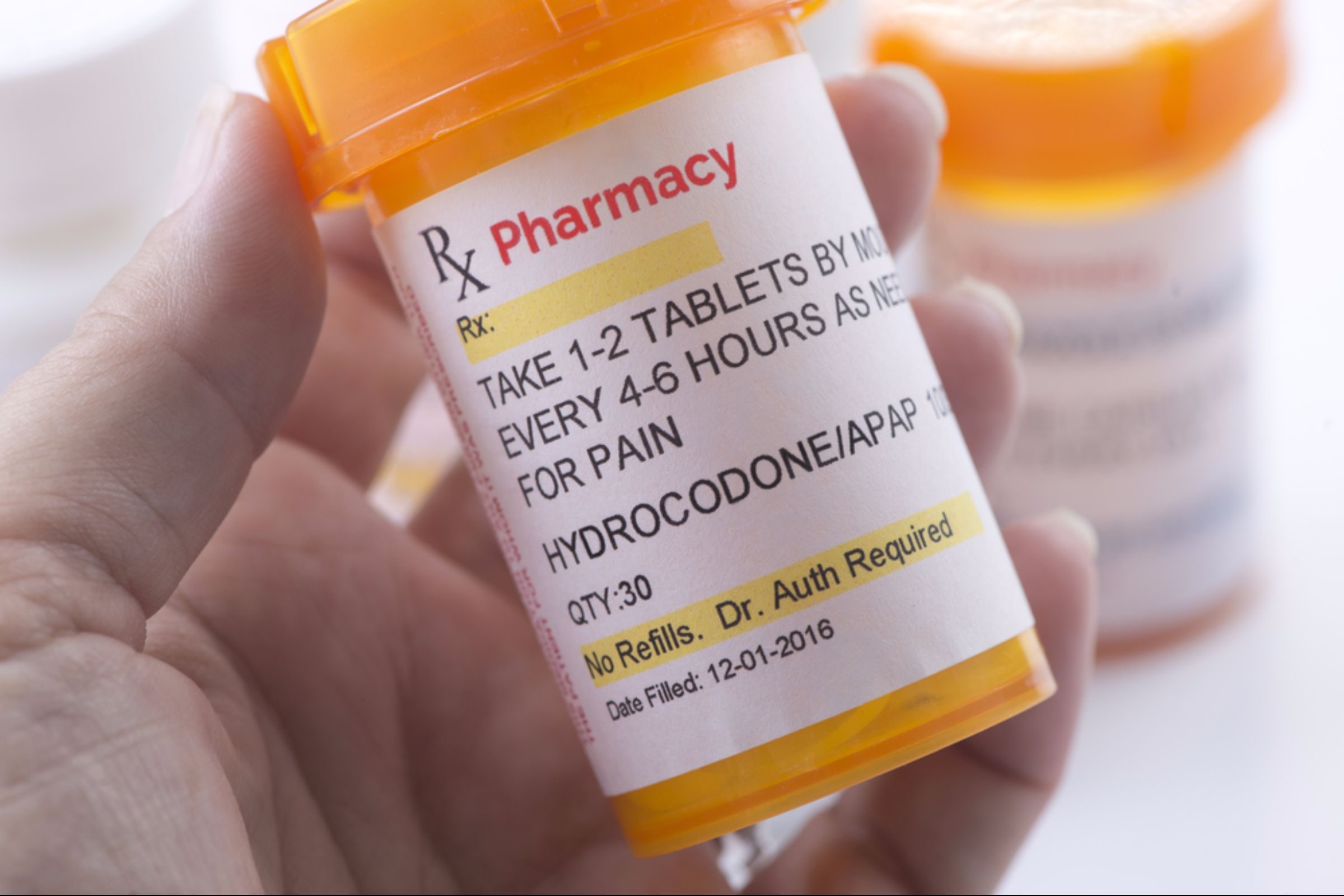
Check your meds
“There are many medications that negatively contribute to bone loss,” says Rosas-Osnaya. However, there’s typically a reason why you’re taking these, she points out, so talk to your doctor about any meds you’re on and how they may impact your bone health. A few that can interfere with a strong skeleton include: steroids, proton pump inhibitors, antacids that contain aluminum, and selective serotonin reuptake inhibitors (SSRIs), she notes.
Here are 30+ arthritis facts you need to know.
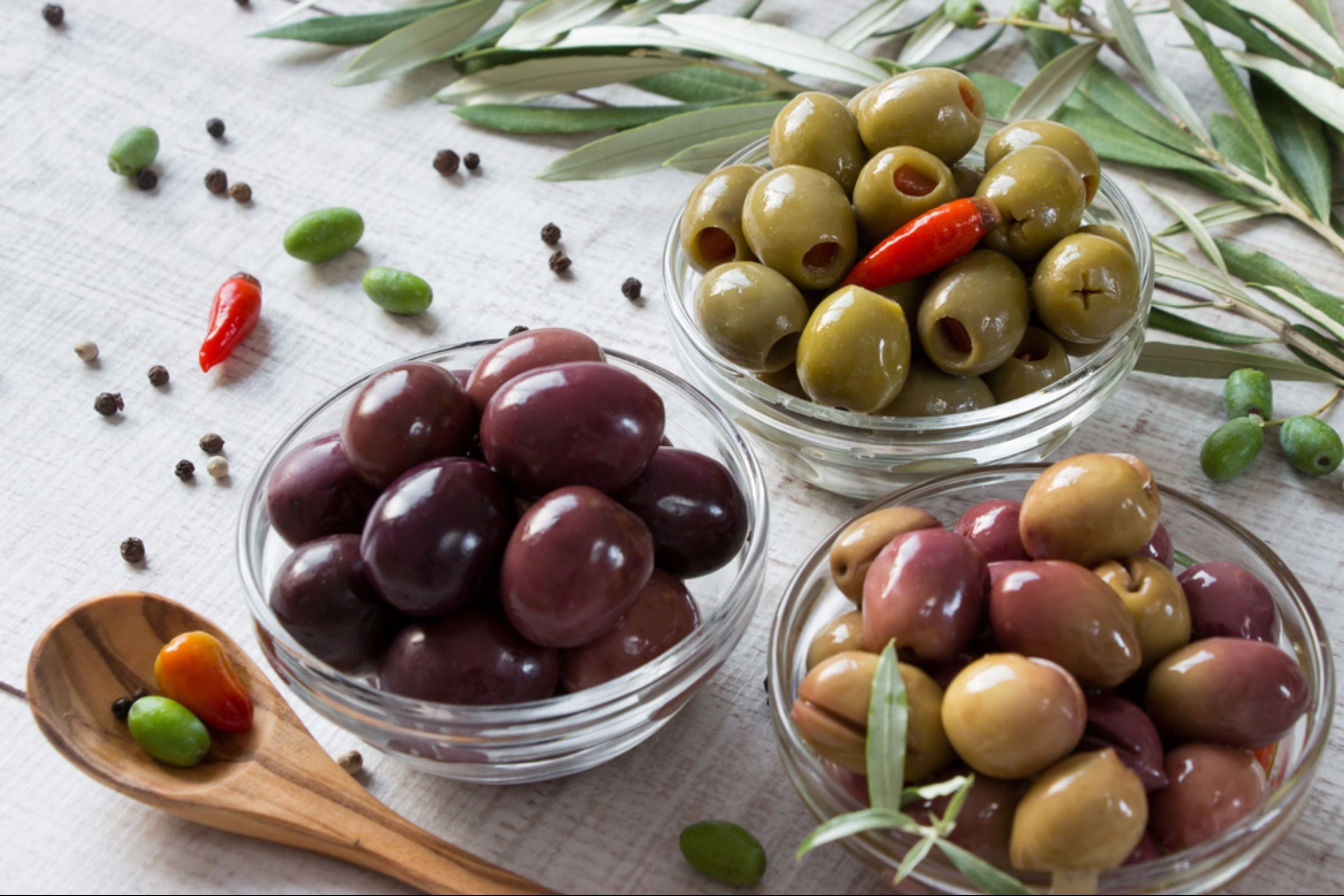
Eat more olives
Yep, the little green or black fruits (as well as olive oil) may provide a dose of powerful antioxidants that reduces oxidative stress and inflammation that can harm bones, according to 2016 research in the International Journal of Environmental Research and Public Health. They may also promote bone cell formation. Olive oil can also boost your health in innumerable ways (and may even help lengthen your life).
Olive oil is also on the list of foods that will help lower your blood pressure.
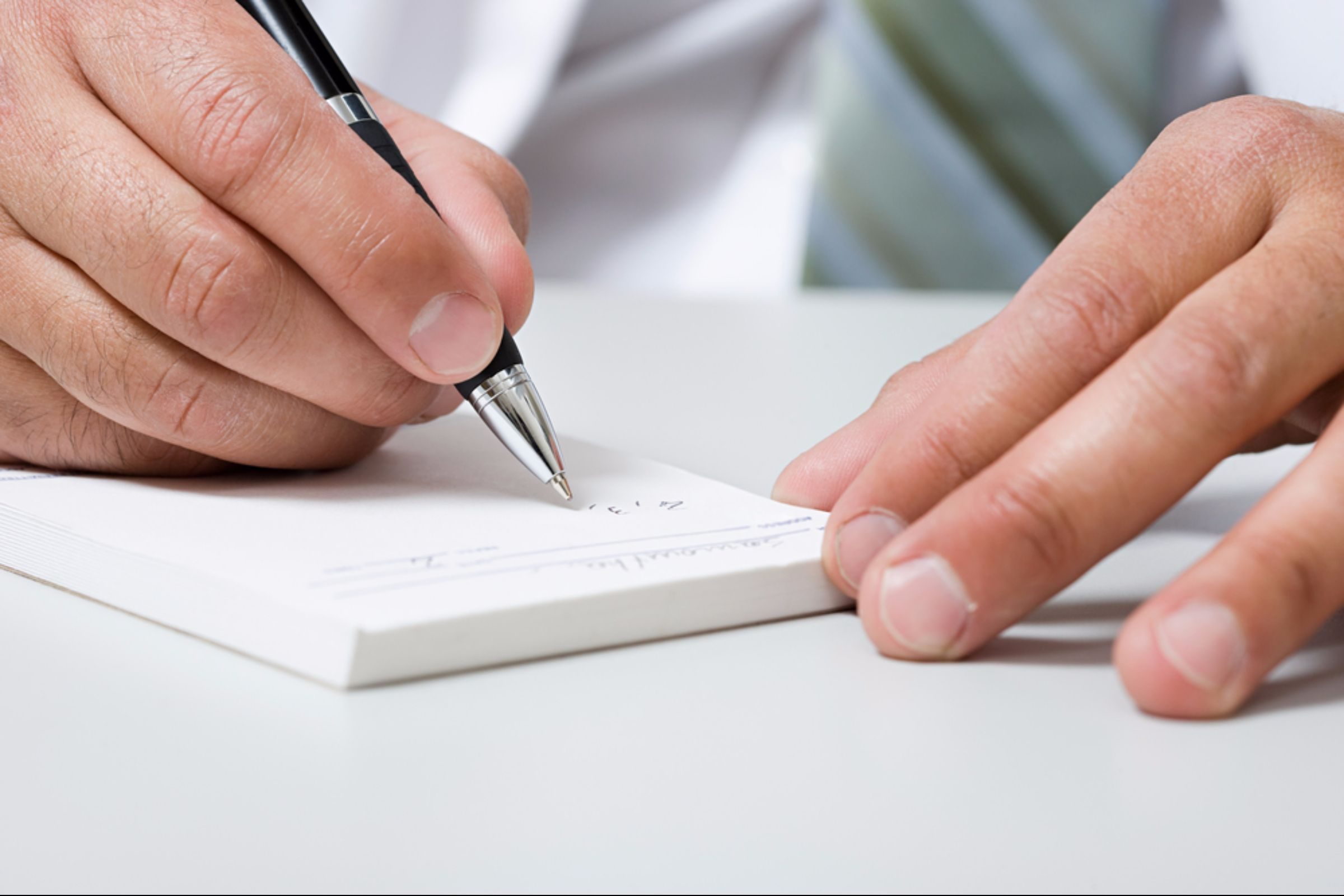
Ask if you need an Rx
Every day your body is constantly breaking down old bone and forming new bone. If your doctor is worried about your bone health, you may be prescribed what’s called an antiresorptive medication, which slows the break down and reabsorption of bone, Rosas-Osnaya explains. The Rxs can help prevent osteoporosis. Some options include Fosamax, Boniva, and Evista.
Here are 10 things to never do before a doctor appointment.
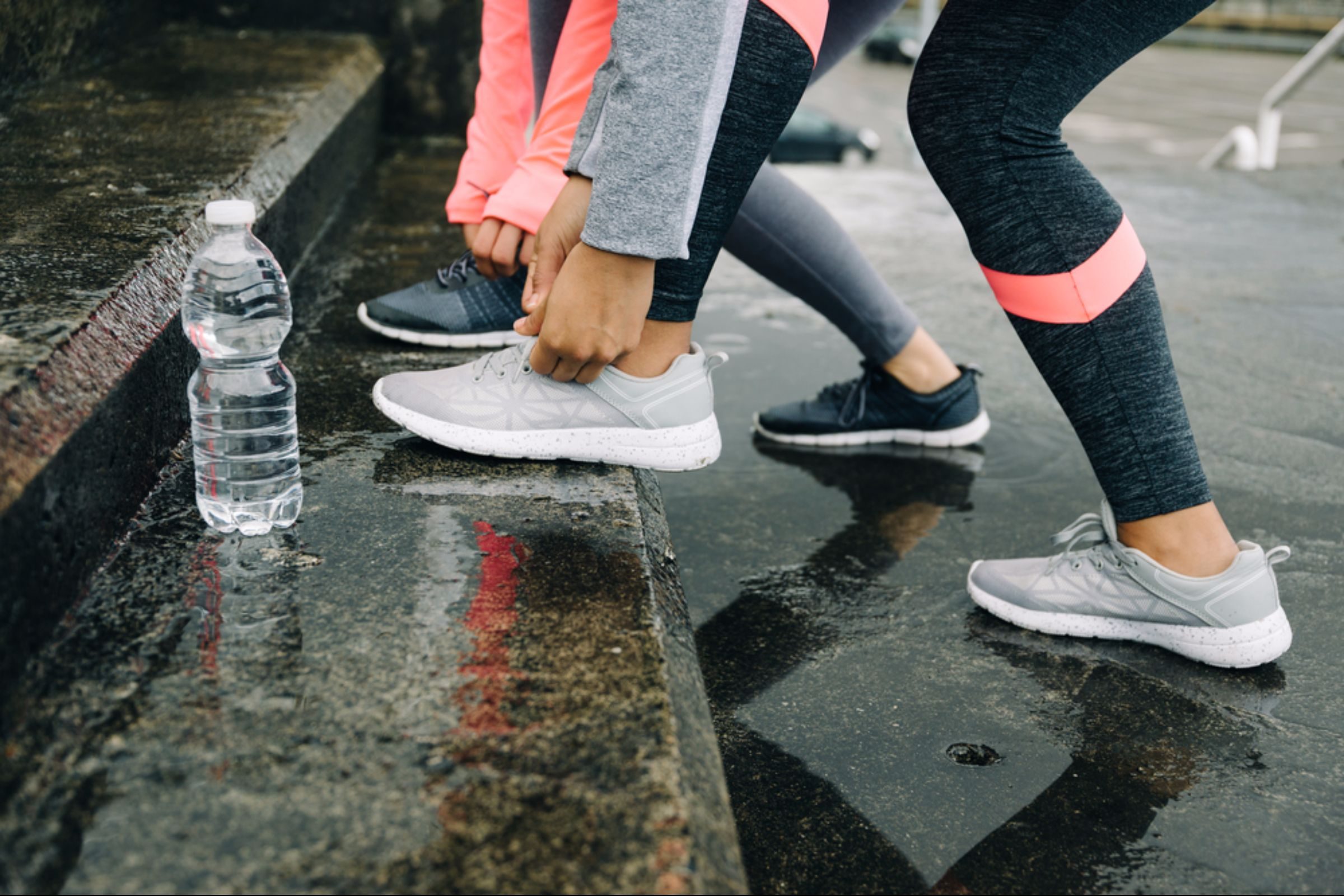
Wear the right footwear
There’s always a risk of tripping and falling if you’re an older adult. In that case, Dr. Lin tells his patients to avoid any shoe that can make you trip, fall, and suffer a hip fracture—not to mention cause pain. “I have witnessed several fractures from tripping in sandals, flip flops, platforms, and high heels,” he says. Instead, choose comfy, well-fitting athletic shoes that have good traction and shock absorption.
Use this guide to help you find the right running shoe for you.
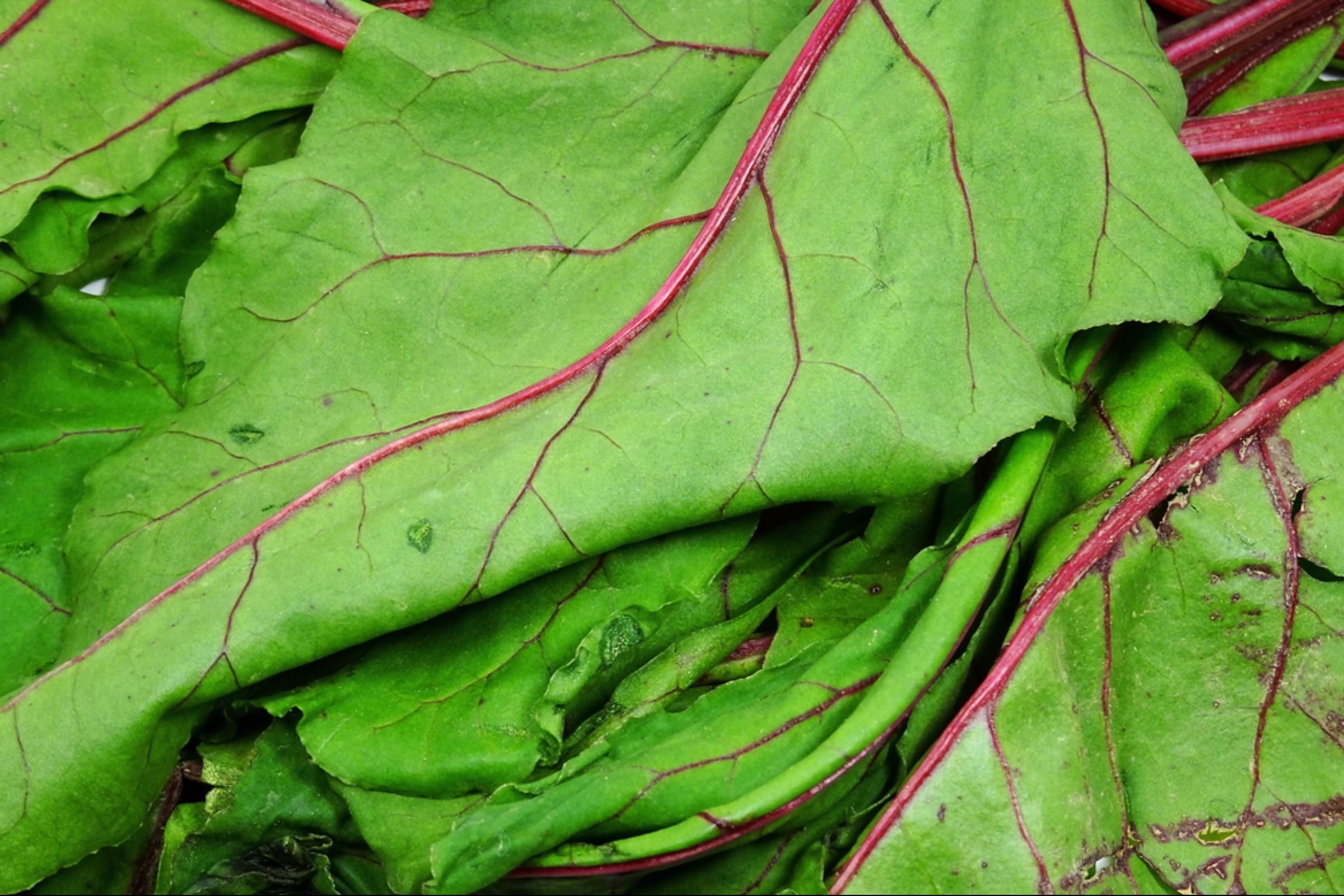
Load up on greens
“Dairy often gets the most attention for calcium and vitamin D, but green vegetables are also a very strong source. Plus they provide fibre, other essential vitamins and are low in calories,” says Jeremy Alland, MD, a sports medicine and primary care physician at Midwest Orthopaedics at Rush in Chicago. Some, like beet greens, are considered a superfood.
Stock up on these amazing fall superfoods for weight loss.
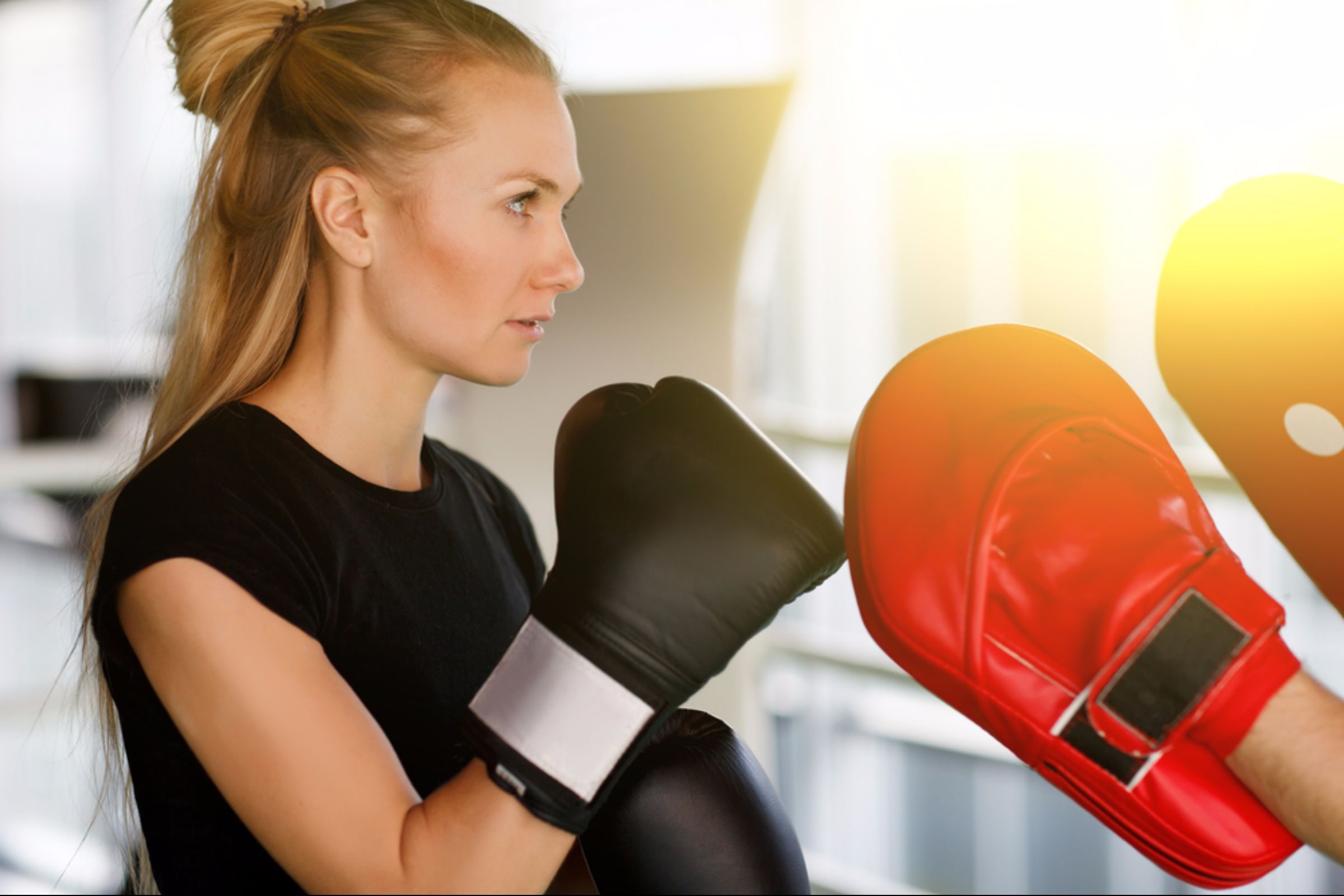
Experiment with activity
By now, it’s clear that staying active is one of the most important things you can do to keep bones strong. That’s why it’s so key to find an activity that you absolutely love. Figure out what it is. Try a boxing class, sign up to run a 5k, grab your neighbour and try to find fun new walking routes in your area. “If you find a load bearing exercise that you truly enjoy and you can easily fit into your schedule, you will much more likely to repeat it on a daily basis,” says Dr. Lin. And consistency is what will build bones.
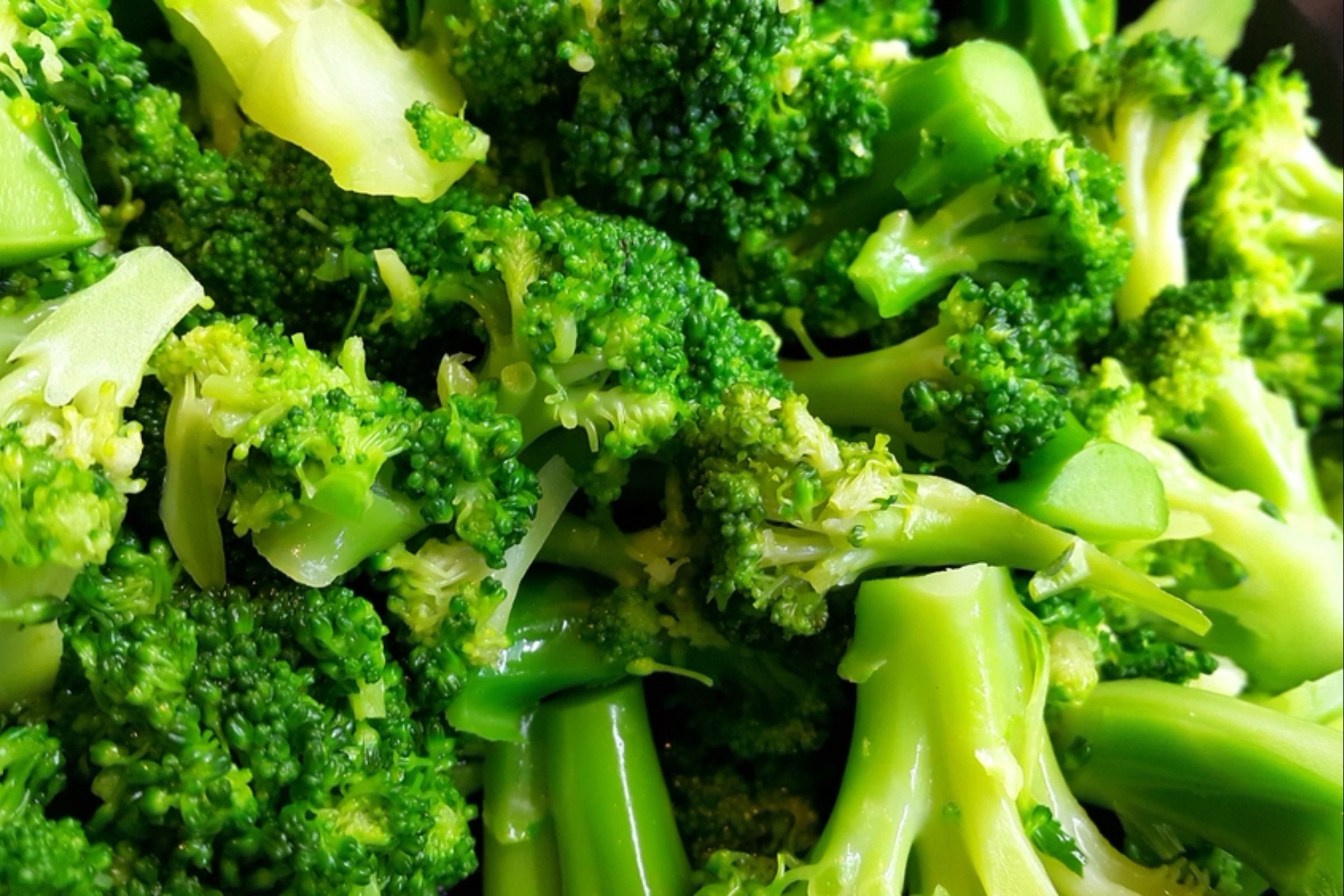
Make sure you get the power duo
Peak bone mass happens before age 30, says Dr. Alland. “Many of the interventions discussed to prevent osteoporosis and promote bone health should be implemented when you are younger,” he says. If you have an adolescent at home, make sure they’re getting about 1300 mg of calcium through food and 600 IU of vitamin D per day.
These are the signs you’re not getting enough calcium.
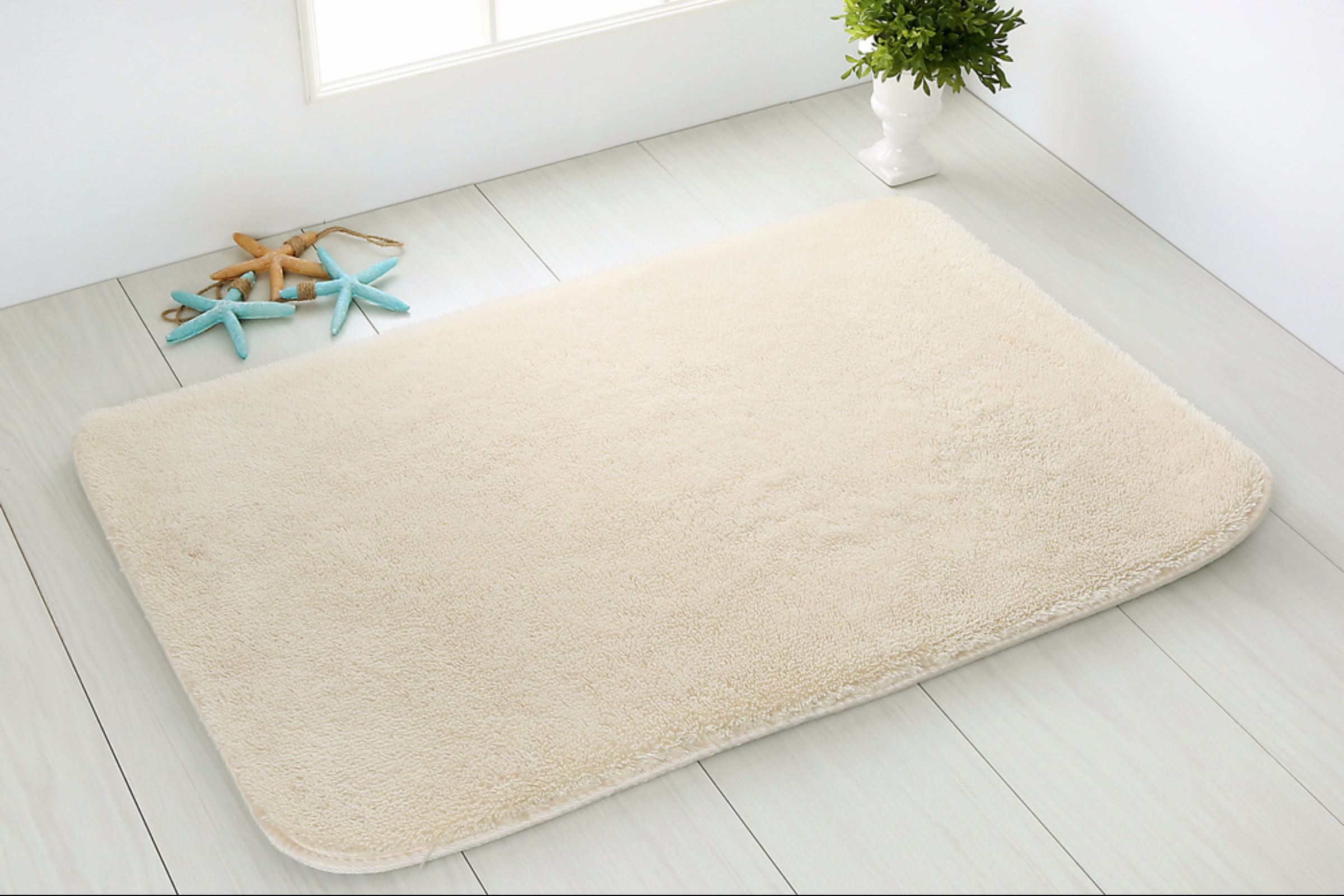
Keep it clean
“I hear all the stories about patients tripping over toys, slipping on waxed floors, and tripping in the middle of the night going to the bathroom,” says Dr. Lin. Keep the floors tidy, use non-slip bath mats, and set up night lights in strategic areas to help avoid a fall.
Time to clean up your act! These are the bad cleaning habits you didn’t realize you had.
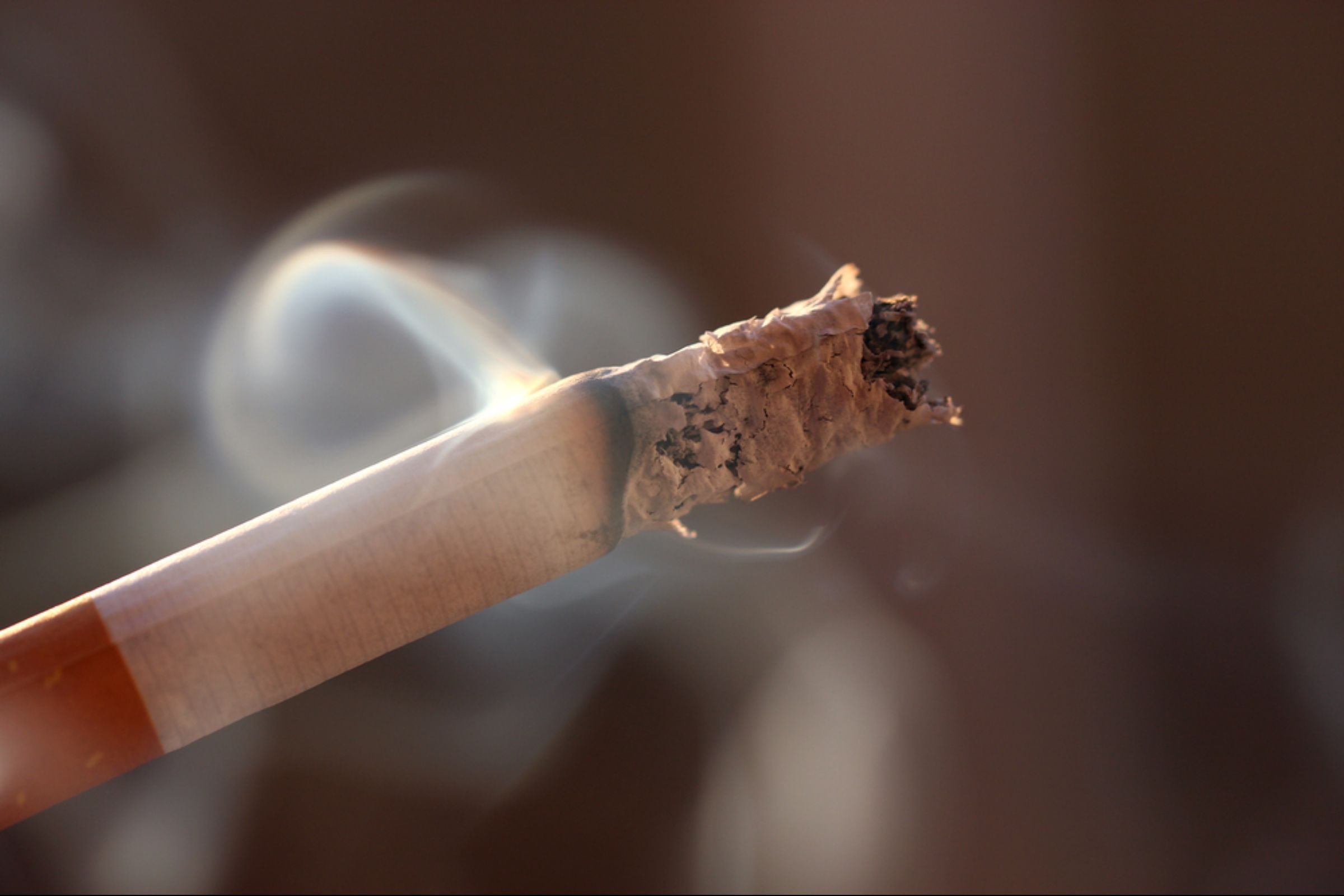
Ditch the cigs
There are countless reasons to stop smoking. Preserving your bones should be high up on that list. “Smoking cigarettes can drastically decrease your bone density,” says Dr. Bruene.
We’ve rounded up the best ways to quit smoking now.
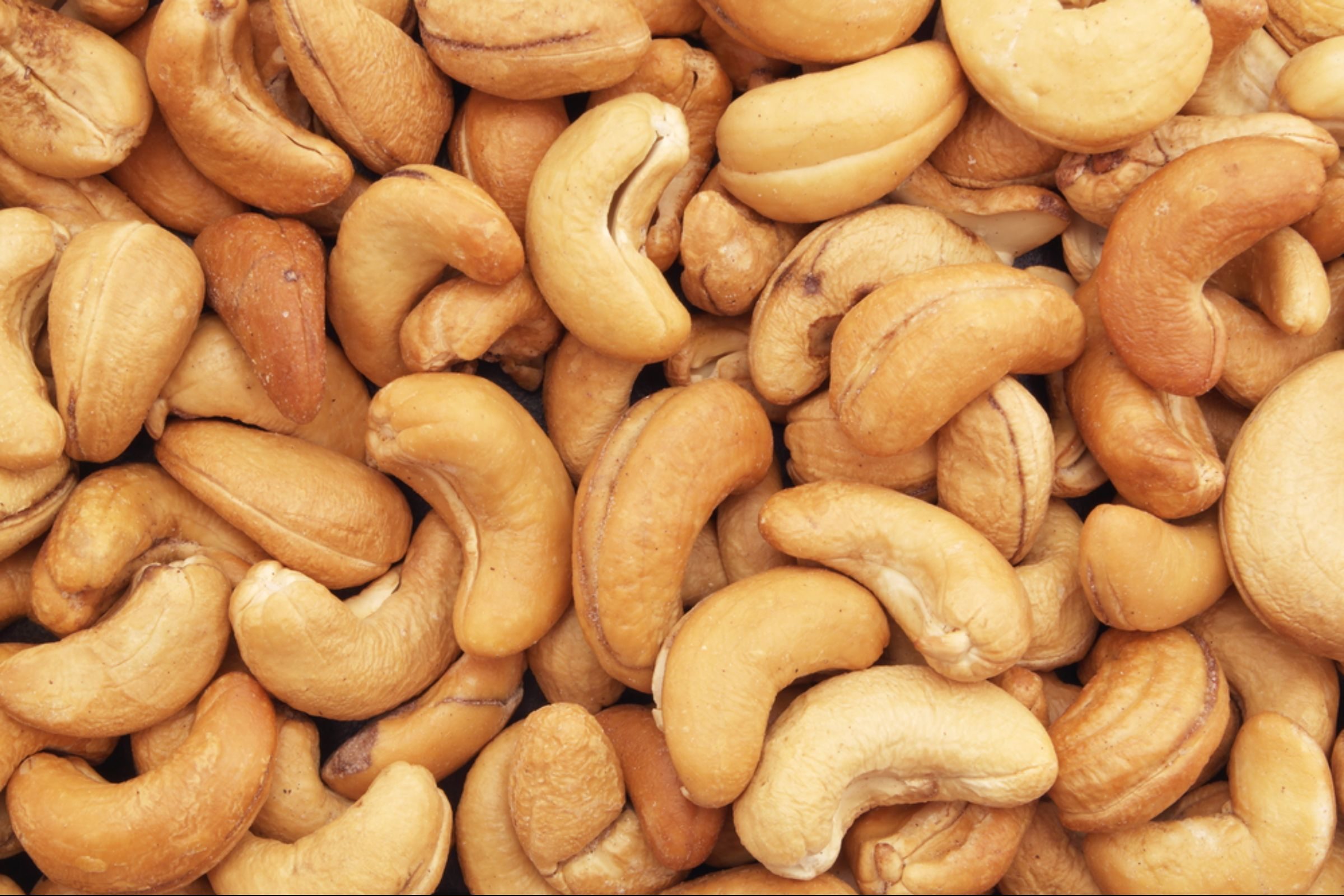
Eat more nuts
Foods like almonds, cashews, and peanuts are good sources of magnesium, a mineral that improves the structure of bones. It’s also “integral for bone absorption of calcium,” explains Dr. Bruene. (Consider this: up to 60 per cent of the magnesium in your body is housed in your skeleton, according to the National Institutes of Health’s Office of Dietary Supplements.)
Find out how to keep a special diet balanced.
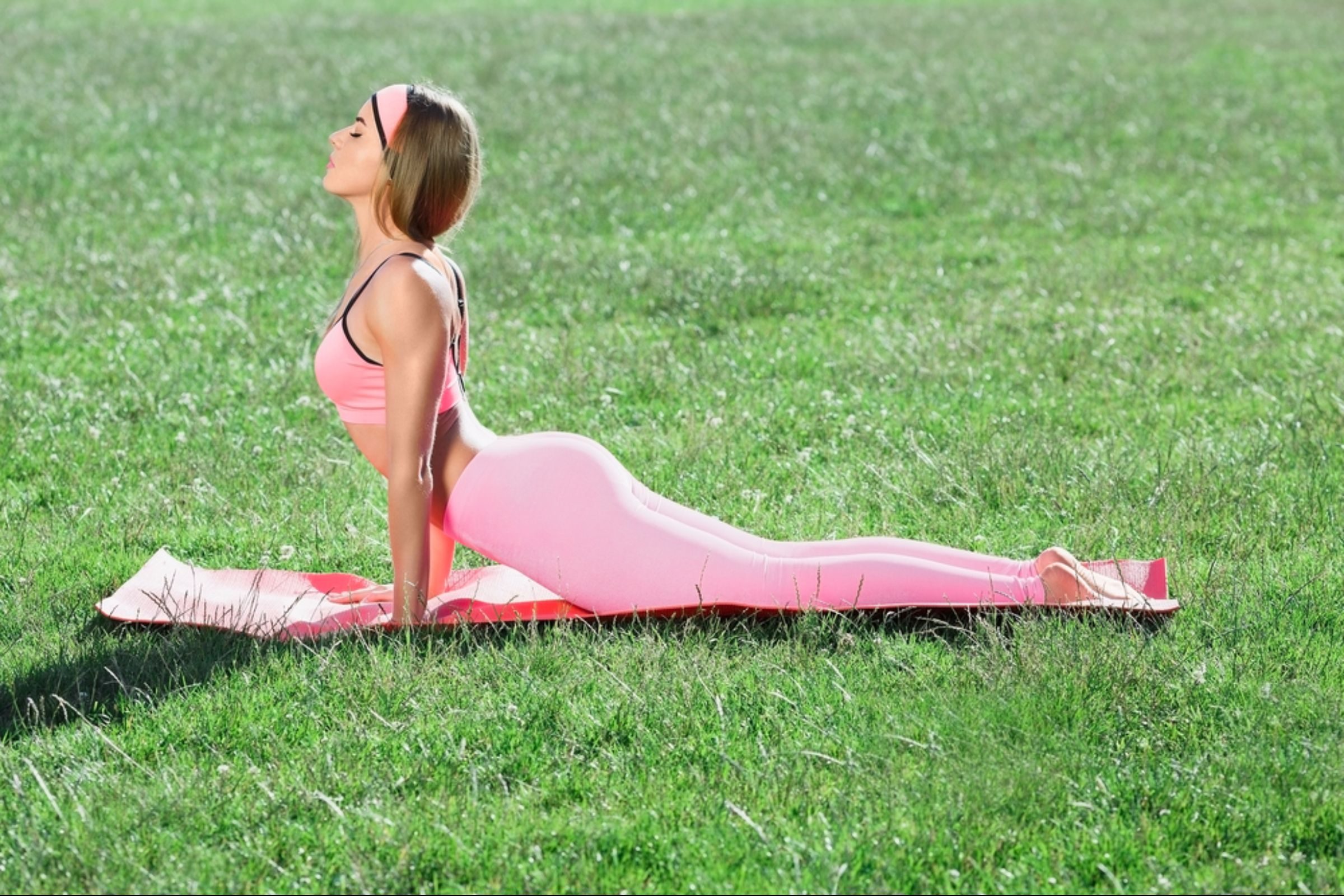
Do cobra pose
You may not think you have enough time for yoga, but you don’t need a lot. It’s worth the effort because just 12 minutes of a daily yoga practice helped patients improve the bone mineral density in their spine, hips, and femur, found a 2016 study in Topics in Geriatric Rehabilitation.
Here are 10 surprising benefits of yoga you never thought of.
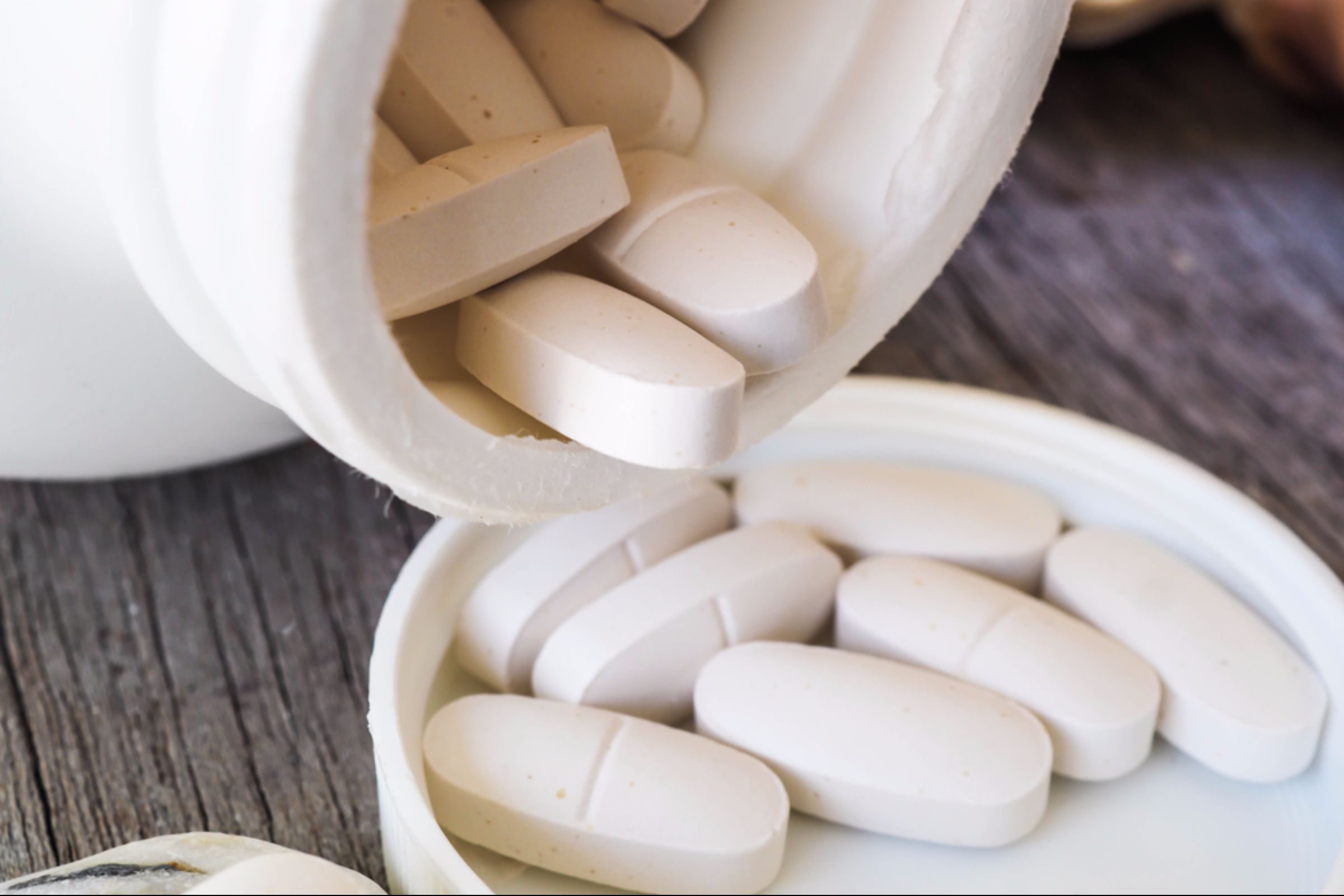
Slow down on the calcium supplements
Avoid taking excessive calcium supplements, warns Dr. Bruene, who notes that some research suggests it can lead to early heart disease. Case in point: A study published in 2016 in the Journal of the American Heart Association found that higher dose calcium supplements were associated with an increased risk for a build-up of calcium in the arteries. Avoid consuming more than 2,000 mg of calcium a day, adds Dr. Alland.
Learn about the risk factors for heart disease—and how to control them.
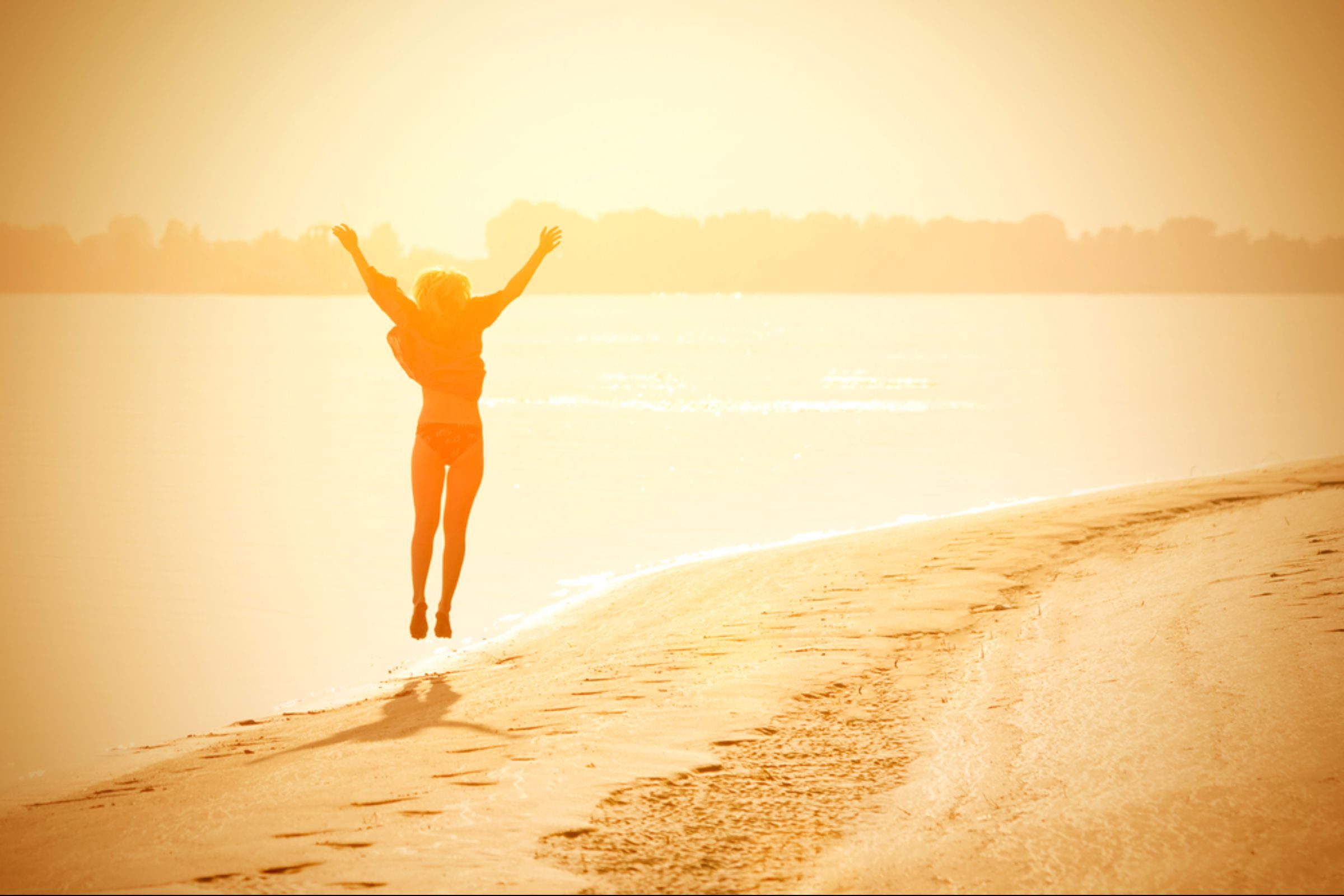
Step out into the sun
One of the main ways your body manufactures vitamin D is through your skin via sun exposure. That’s why Dr. Bruene recommends spending time outside in the sun to boost your vitamin D level naturally. That said—you should still wear sunscreen every time you’re out. SPF doesn’t eliminate all UV rays, so some still reach your skin, which is why you can still maintain D levels even while wearing SPF, the Skin Cancer Foundation points out.
Here are the skin cancer myths you need to stop believing.
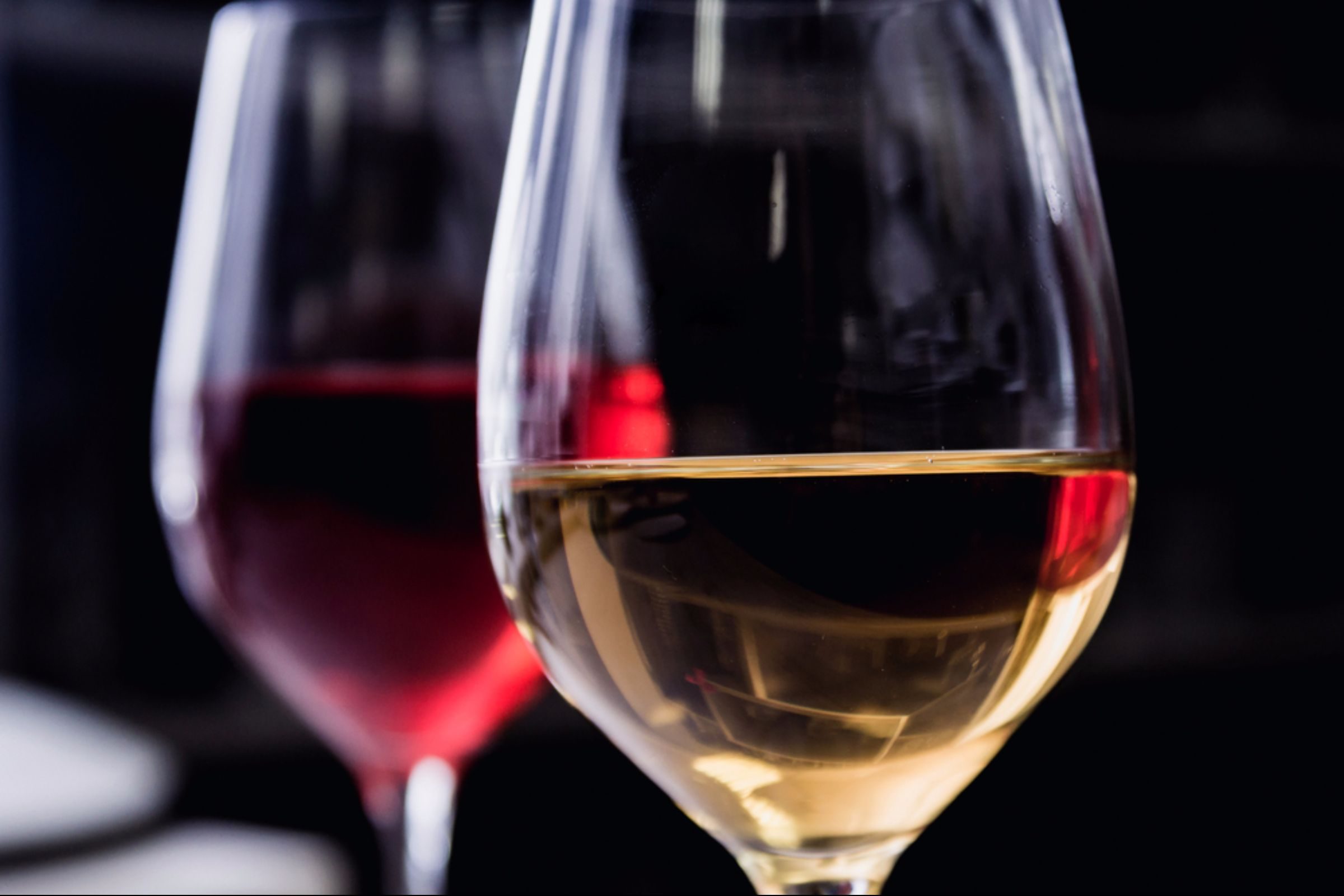
Limit alcohol
You’ve heard that women should have no more than one alcoholic drink per day; for men, it’s two per day. Another reason to stay under that limit is for your bones. “Three or more alcoholic beverages a day for a long period of time interferes with bone formation, causing thin and fragile bones,” says Rosas-Osnaya. (Not to mention potential falls and fractures). If you drink, stick to a moderate amount per day.
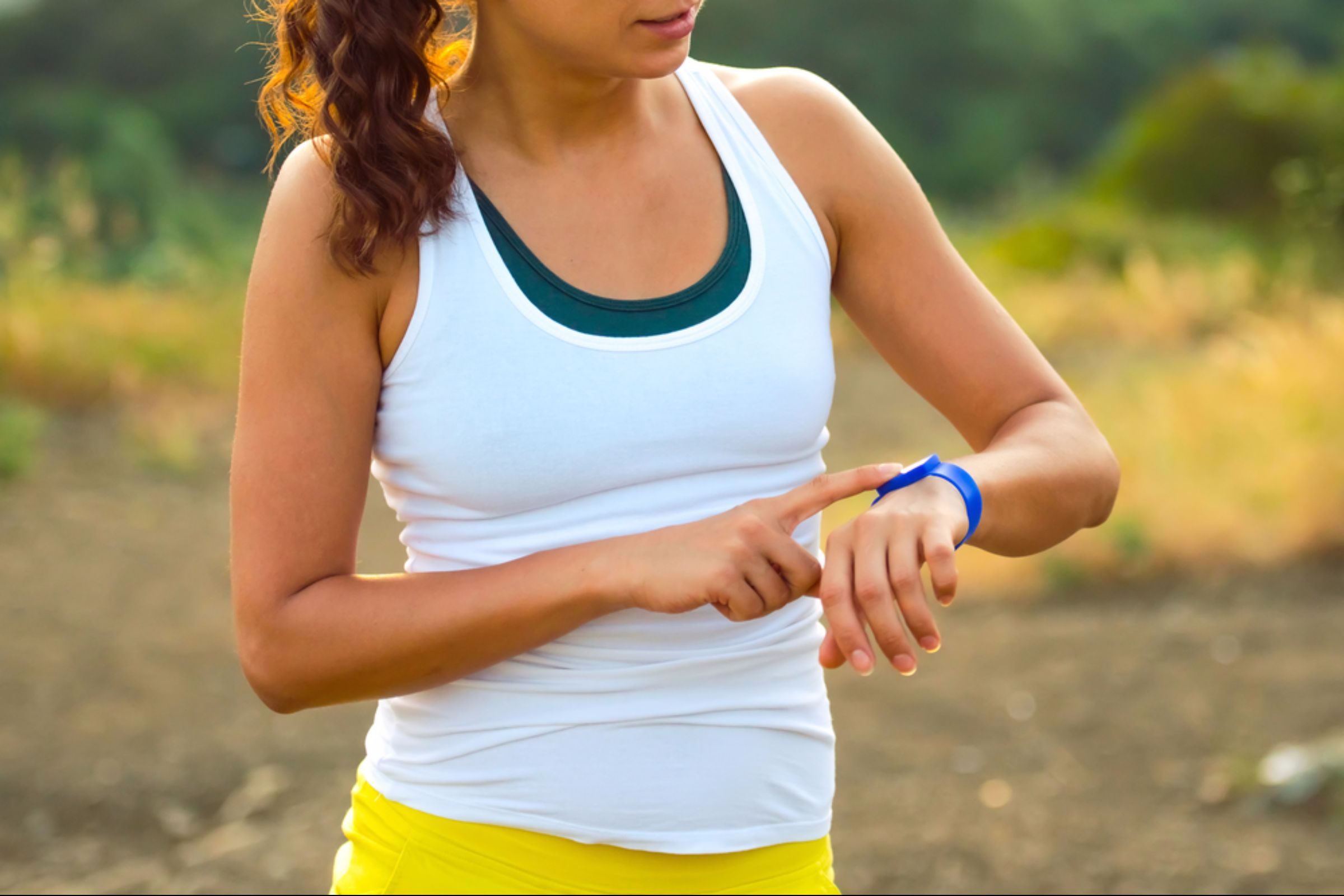
Step up
There’s something to be said about moving your body more throughout the day—outside of the gym. Dr. Alland recommends getting a pedometer (you can also use an app on your phone or a fitness tracker) to challenge yourself to get as many steps in the day you can.
Don’t miss the walking mistakes you didn’t know you were making.
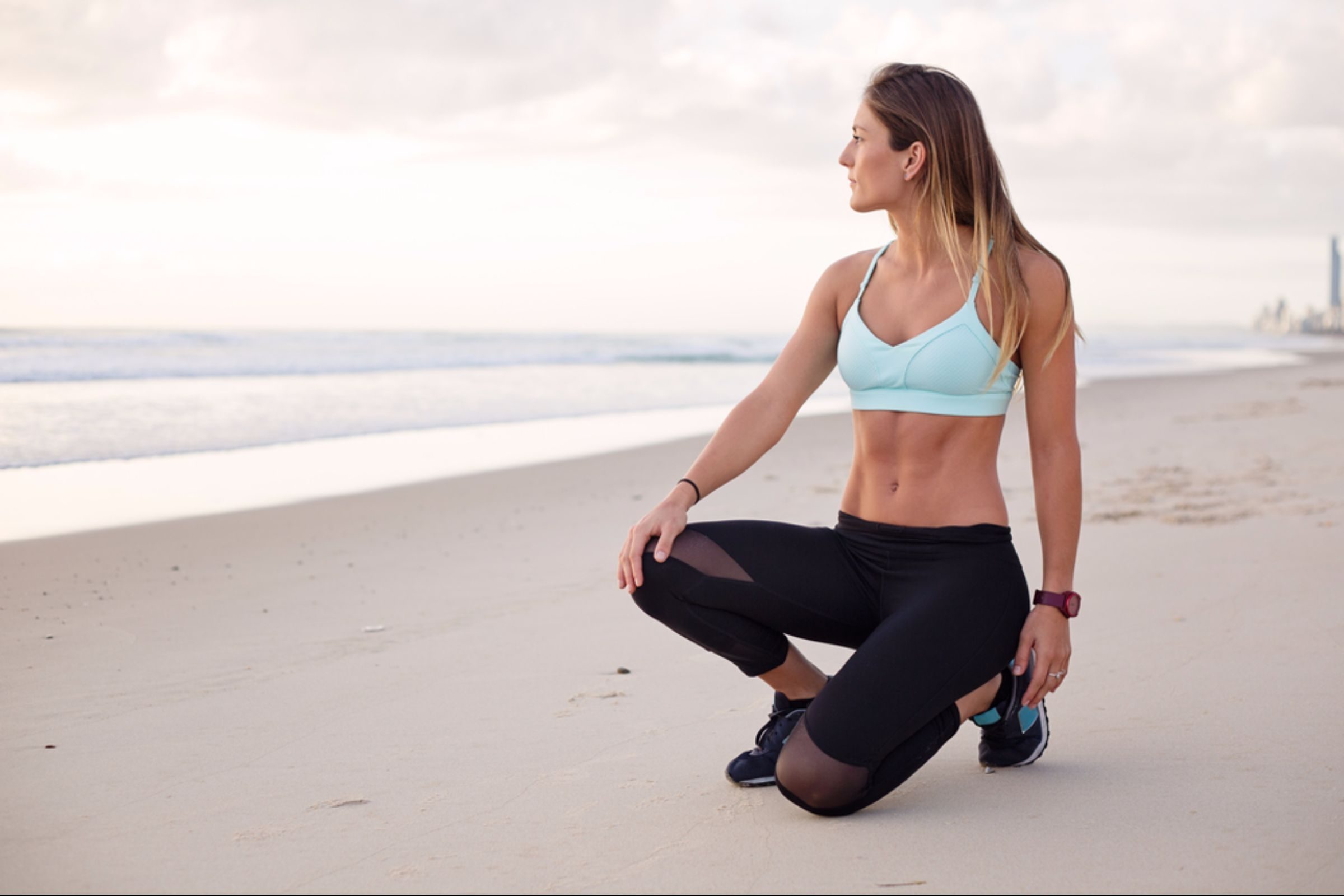
Think health
When you’re thinking about how you can preserve your skeleton ask yourself this question: is it a smart habit for my health? If the answer is yes, it will probably do your body—including your bones—good. “An overall healthy lifestyle is more important than any one specific nutrient or vitamin,” says Dr. Alland.
Next, check out these heart-healthy foods to add to your diet.